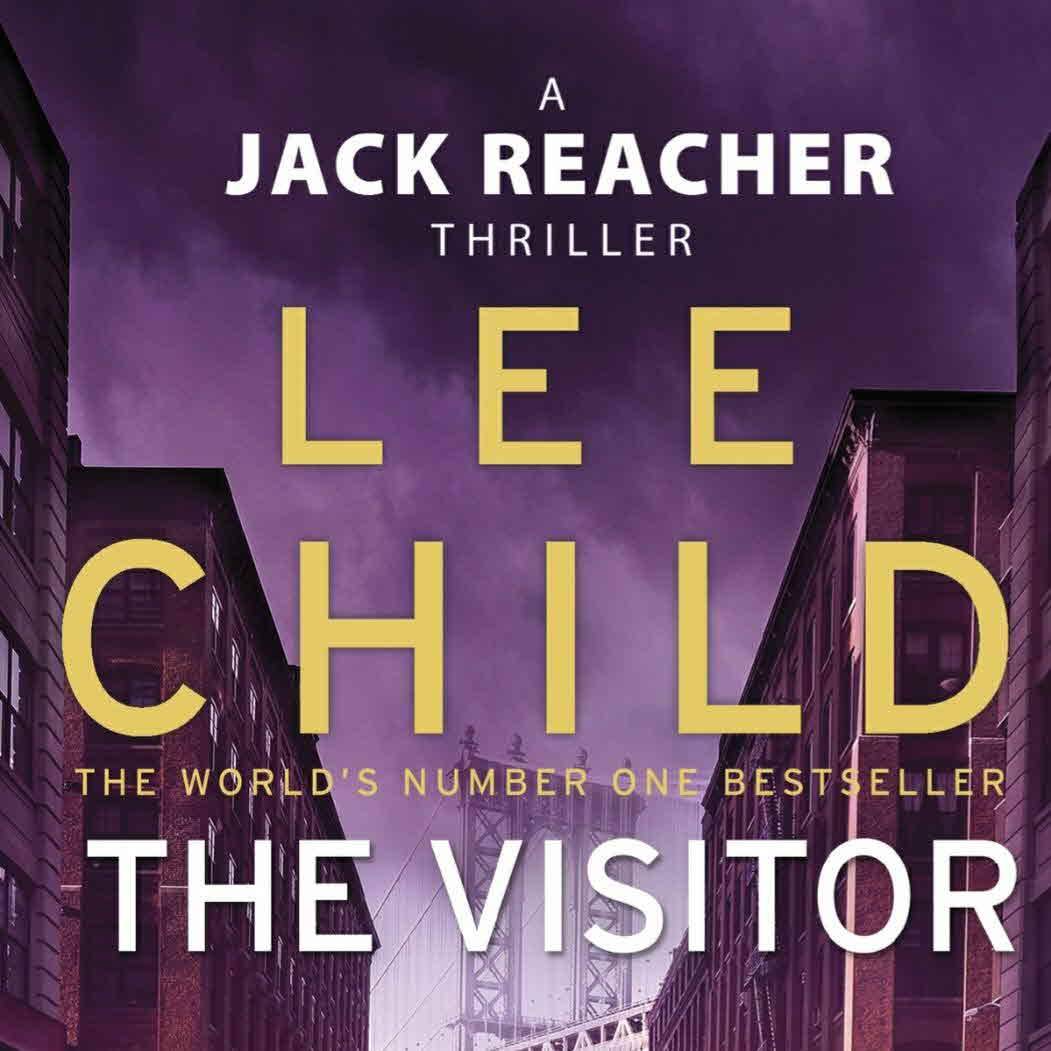
I enjoyed the first 3 Reacher novels but this one strains credulity to breaking point. Braless long-legged FBI agents? C'mon. And I'm not even going to get into the absurd plot. Hopefully this was just a temporary blip.

I enjoyed the first 3 Reacher novels but this one strains credulity to breaking point. Braless long-legged FBI agents? C'mon. And I'm not even going to get into the absurd plot. Hopefully this was just a temporary blip.
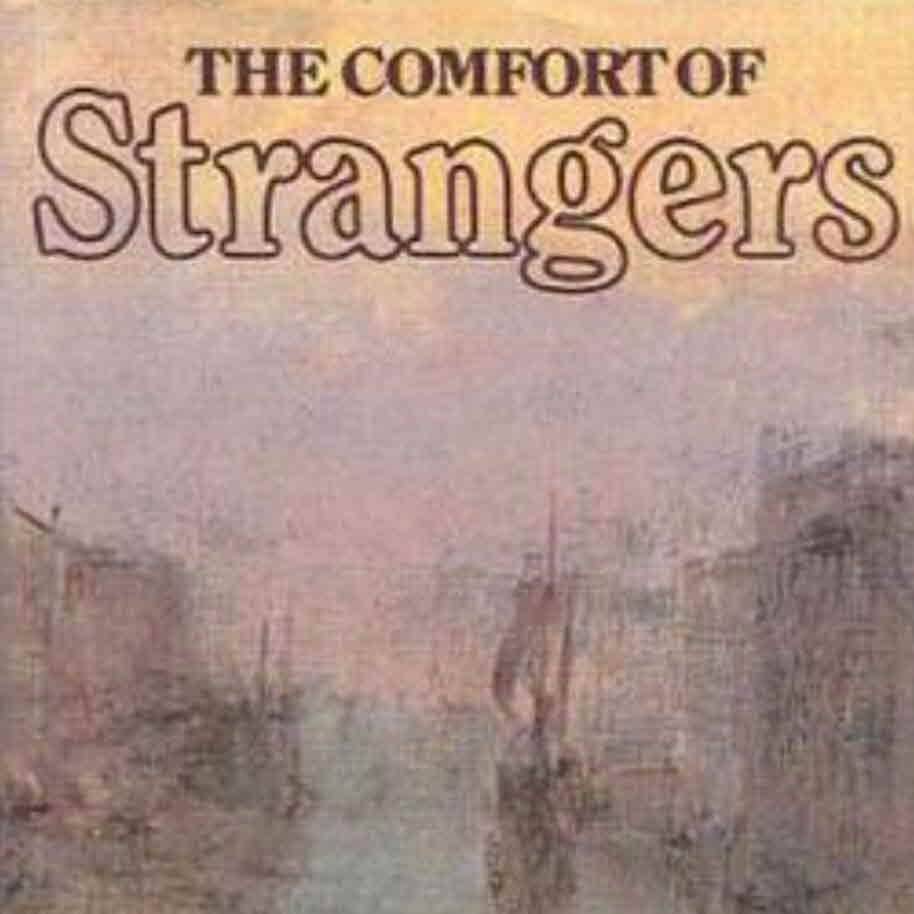
Set in an unnamed European city (probably Venice from the descriptions) this slim novel follows a pair of young lovers, Mary and Colin and the unexpected consequences of their meeting with another couple, Robert and Caroline.
Creepy as hell, and McEwan evokes brilliantly the peculiar sensation of being a tourist in a foreign city where ignorance of the language creates a weird sense of unreality.

A wild obscene scream of horror, recounting, from the POV of 16-year-old gardener Polo, the depraved plan of privileged "fatboy" Franco to rape and murder the glamorous wife of a TV star. Brilliantly written and translated, the novel is 120 pages of demotic misogyny which bludgeons the reader with uncomfortable truths of toxic masculinity and class privilege.
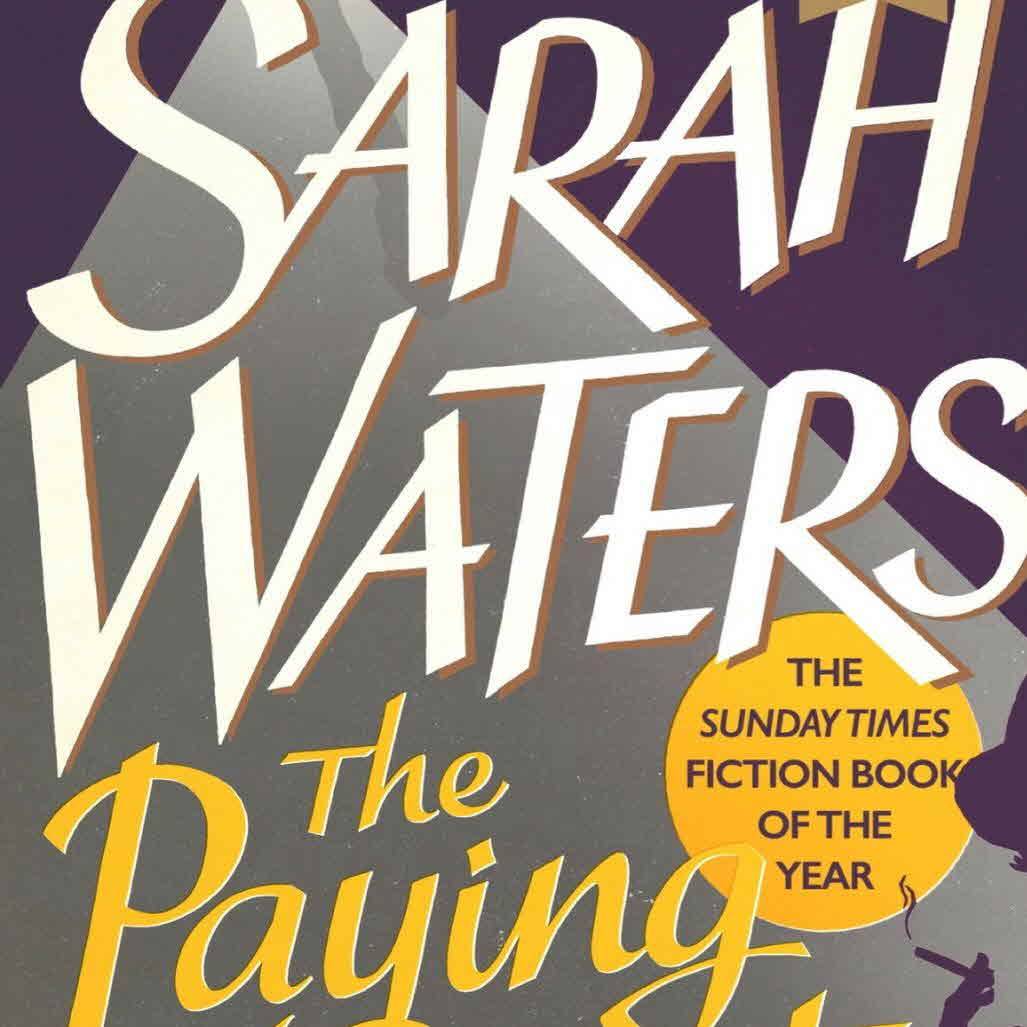
It's 1922, and Frances and her mother are in reduced circumstances following her father's death, and obliged to take in a young couple "of the clerk class". A passionate love ensues. The period detail appears spot on, and the characters are human and believable in their predicament.
Perhaps a little slow-moving for some tastes, but by the halfway mark I was totally caught up in the story and finished the last 150 pages at a sitting.
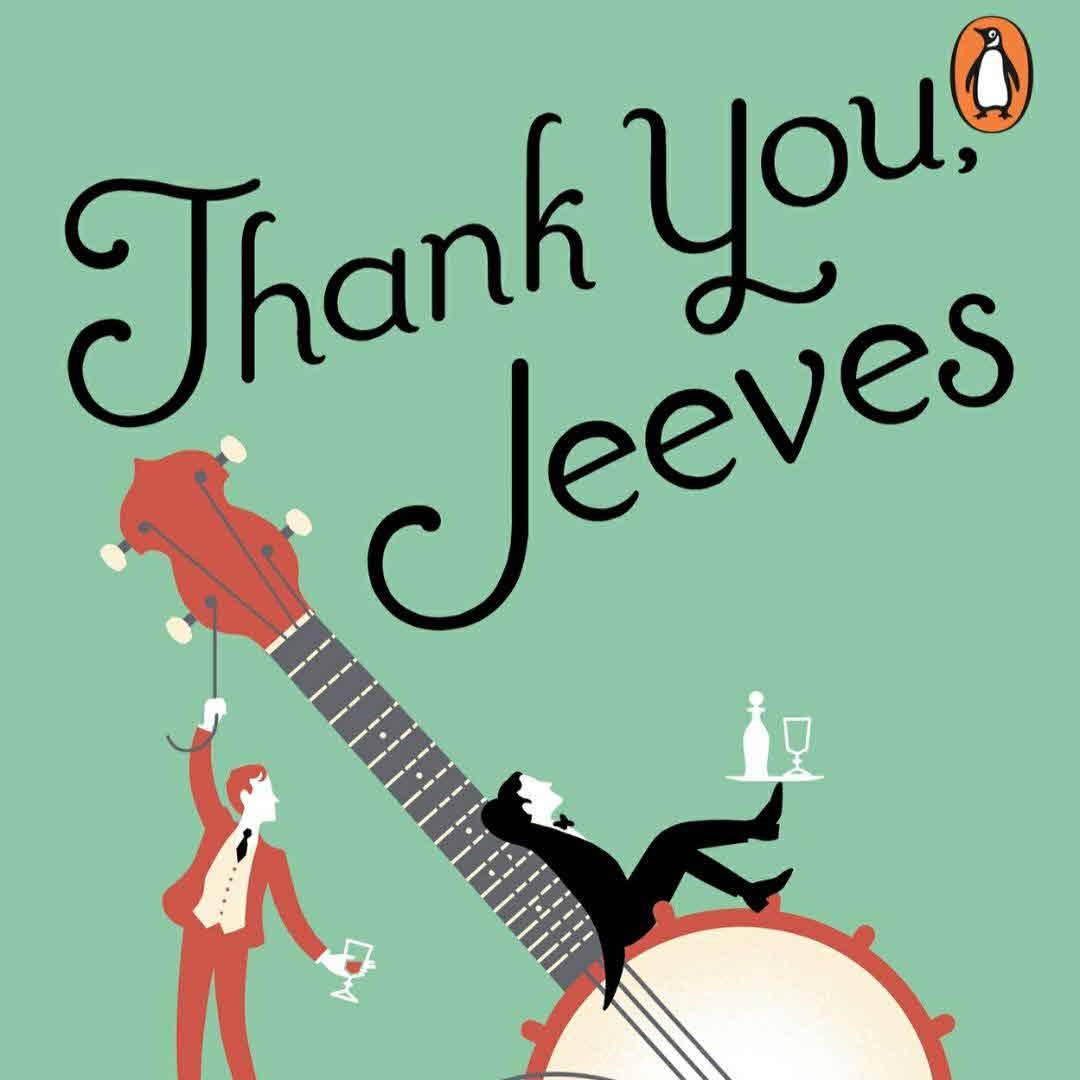
Bertie takes up the banjolele which necessitates a move to a country cottage and prompts Jeeves to tender his resignation. The usual tangled web ensues, this one involving Pauline Stoker and irascible father, Sir Roderick Glossop and a homicidal valet. Great fun.
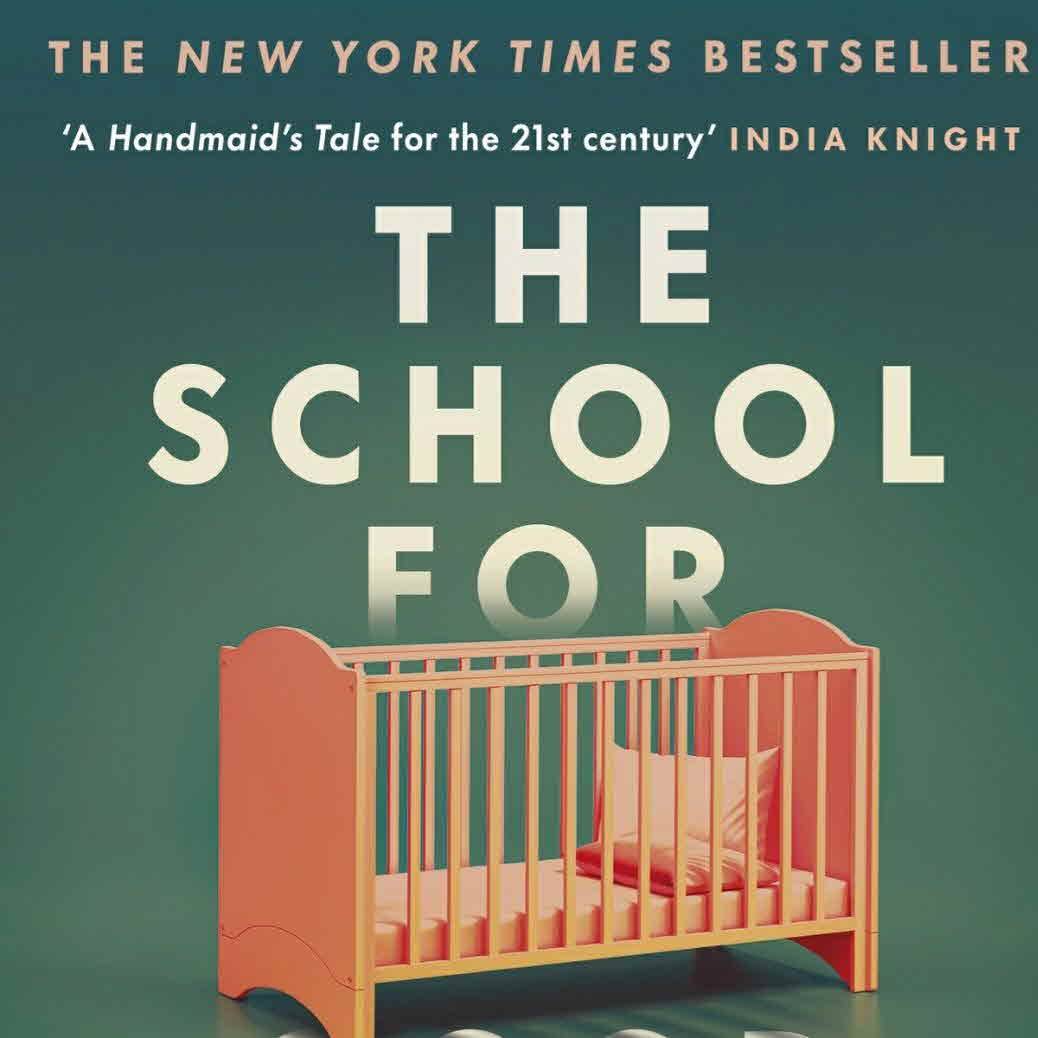
A moment of distraction and newly-separated mother Frida is adjudged unfit to be a mother without undergoing a program designed to turn bad mothers into good. Creepy and all-too-believable dystopia which raises some important questions, not least about the role of the state in parenting.
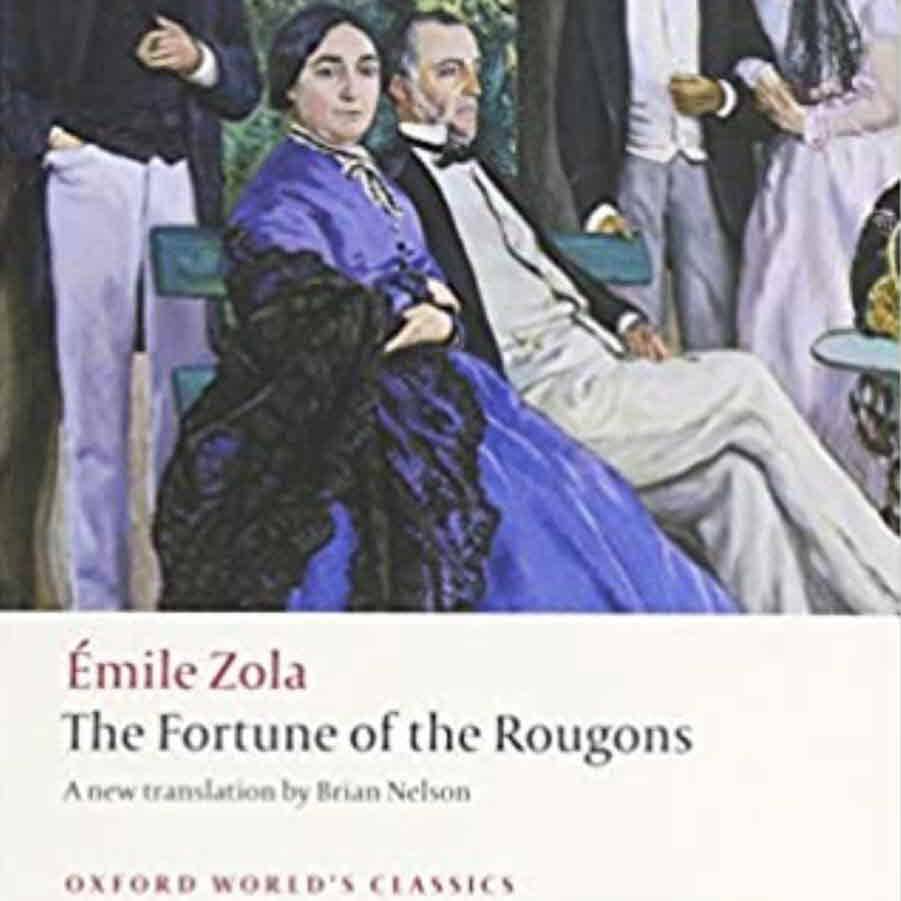
First of the 20-novel sequence and despite being set in what might seem a far-off era Zola's tale of doomed love, idealism, and political maneuvering still strike a chord.
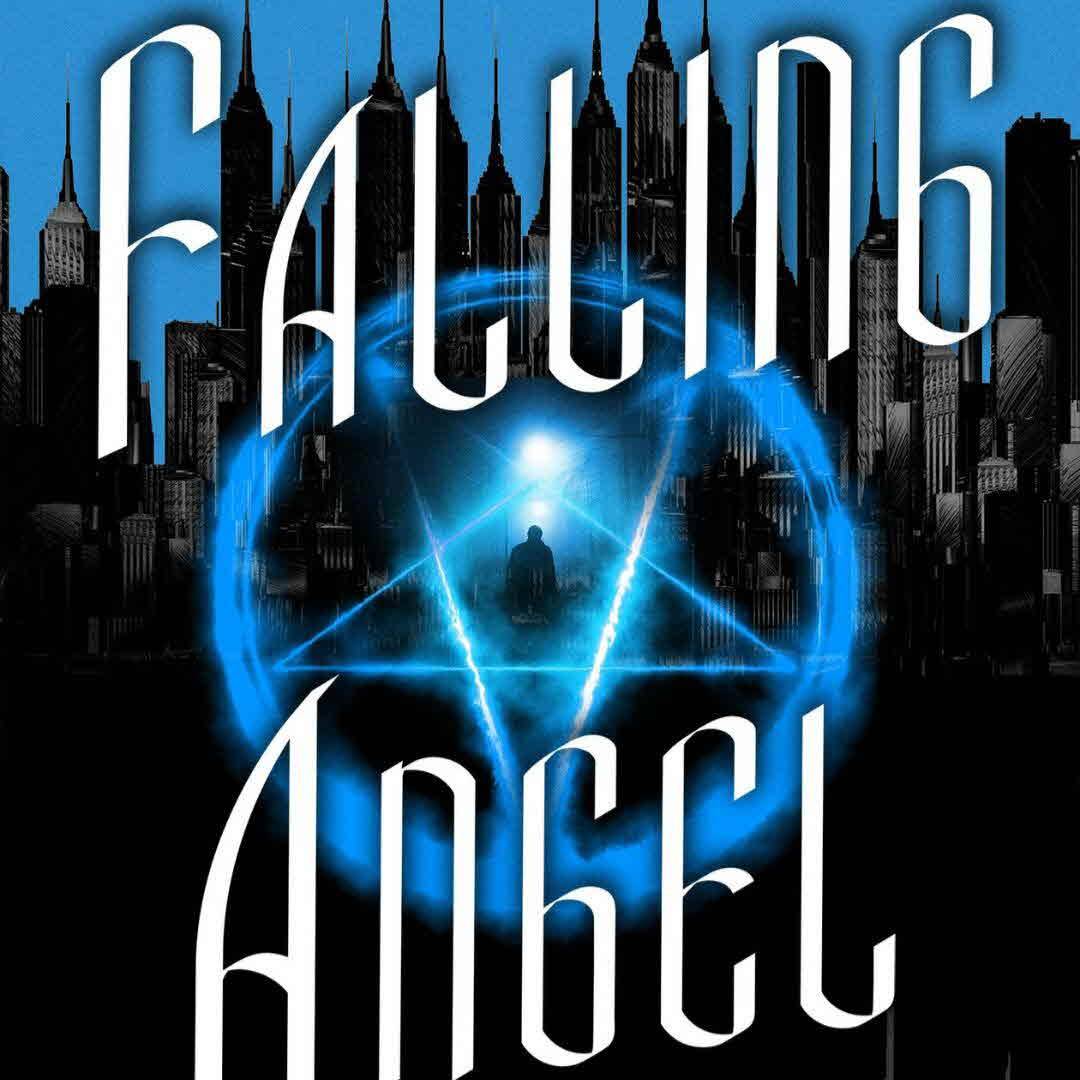
Harry Angel is a tough private eye in the classic mould, who is hired by the mysterious Louis Cyphre to track down a war-wounded ex-crooner called Johnny Favorite who was supposedly in a coma since 1943 but who has inconveniently vanished. Angel's attempt to get to the bottom of Favorite's disappearance lead him down a dark path. Published in 1978, this effortlessly evokes the atmosphere of late-fifties New York.
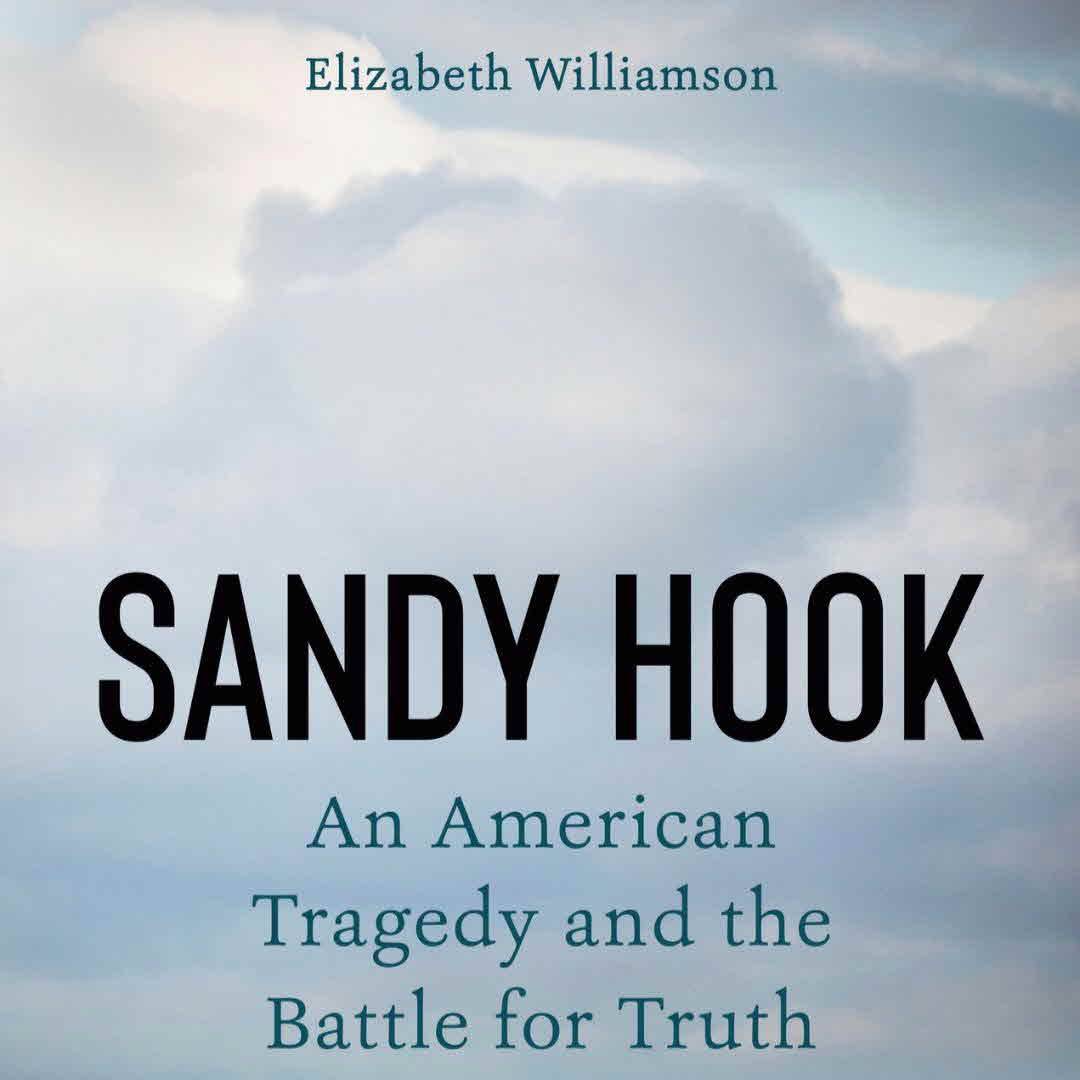
Tragically for the grieving families, the massacre of 20 children and 6 adults at Sandy Hook was one of the first to take place in the brave new world of Facebook and Twitter, where opportunistic grifters like Alex Jones of Infowars seized on the outrageous theory that the whole thing was a hoax. The book becomes an investigation into the broader issues surrounding the social media platforms and their nefarious algorithms.
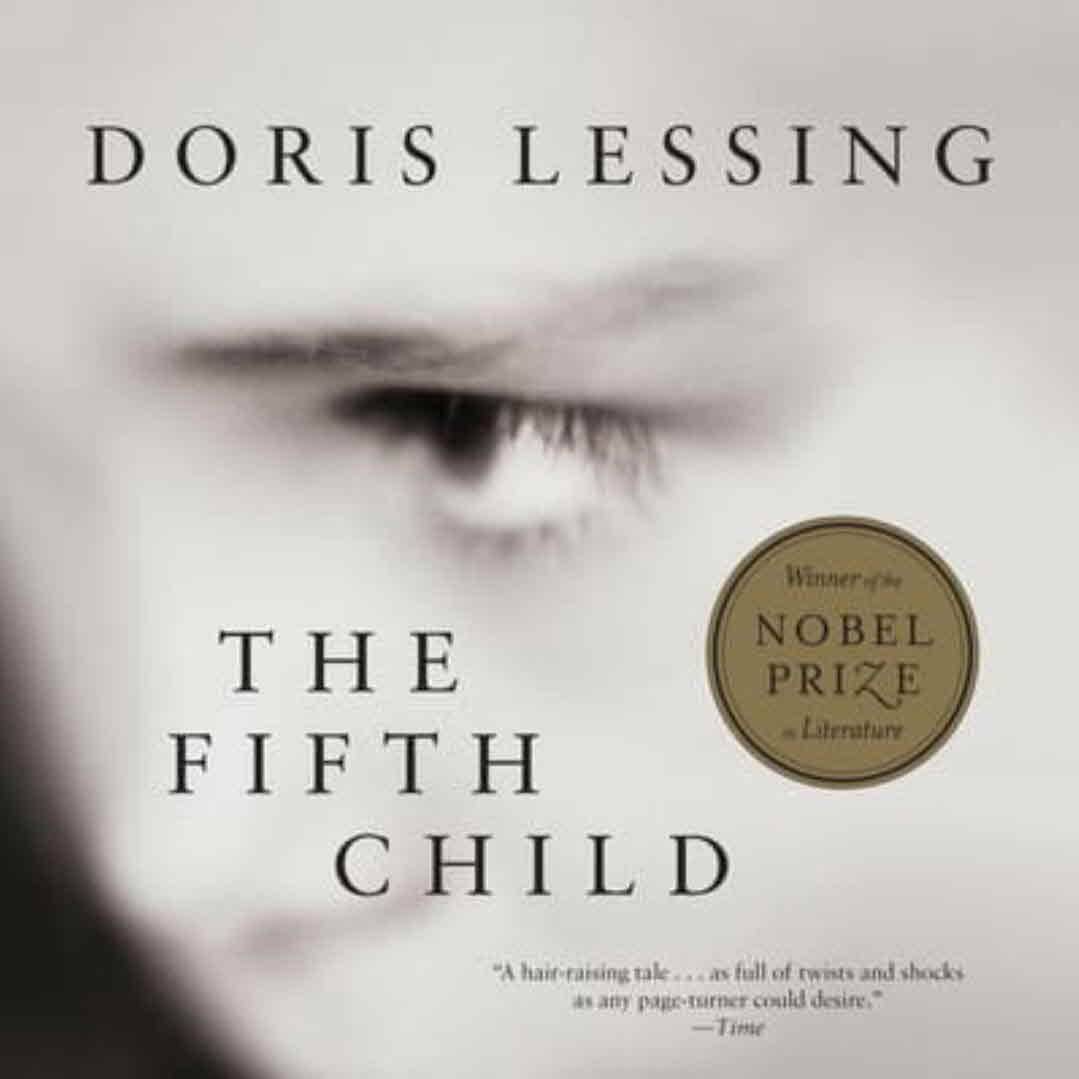
Ben, the fifth child, is, from the beginning, a horror story come to life. Lessing keeps it ambiguous exactly what Ben is - he's described at various points as a troll, a goblin, a throwback to some earlier, pre-human lifeform. And Lessing uses Harriet's unenviable predicament to explore issues such as the limits of maternal love and how society deals with its rejects. Most unsettling.
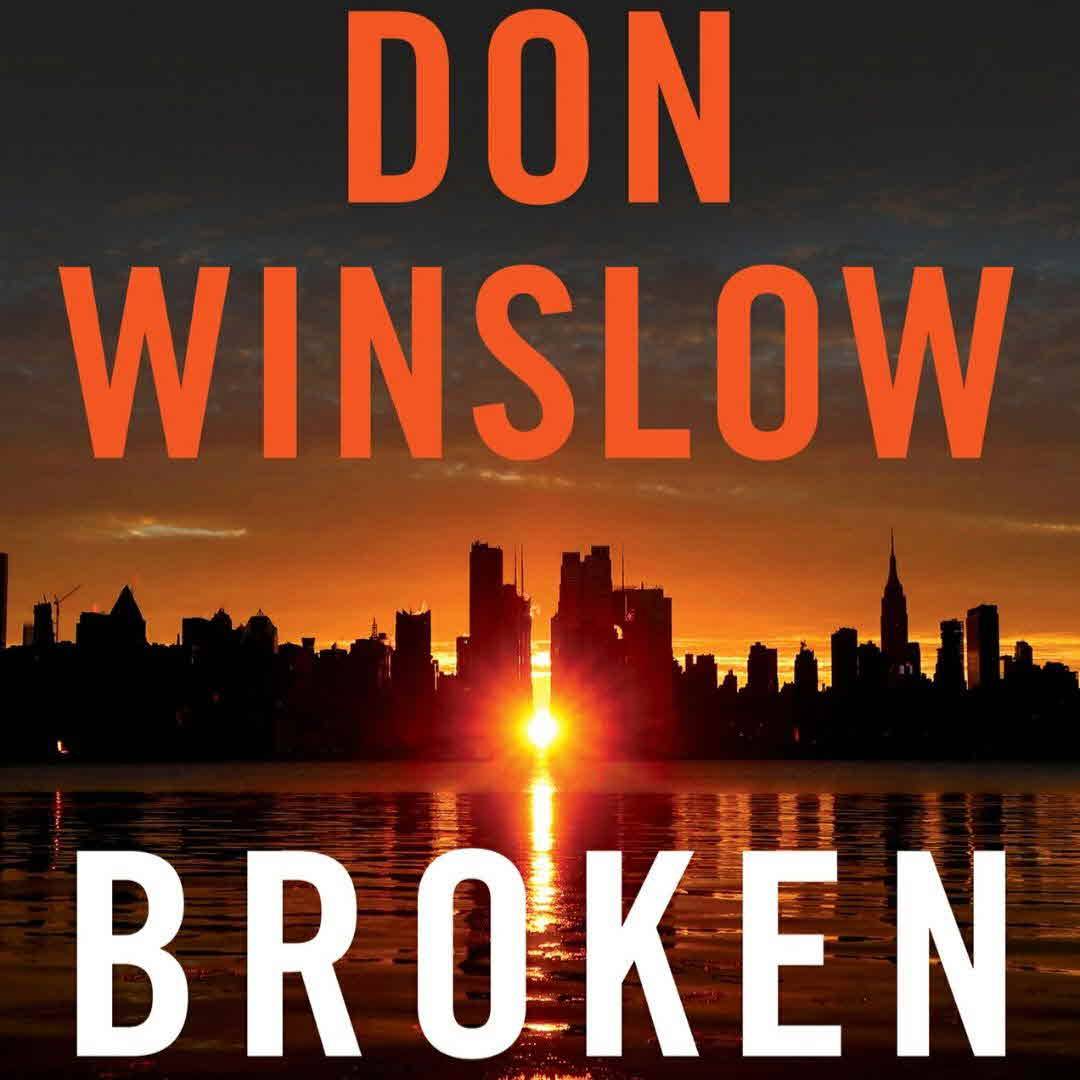
Stellar collection of short stories, several of which reintroduce us to old friends like Chon, Ben, and O and Frankie Machine.
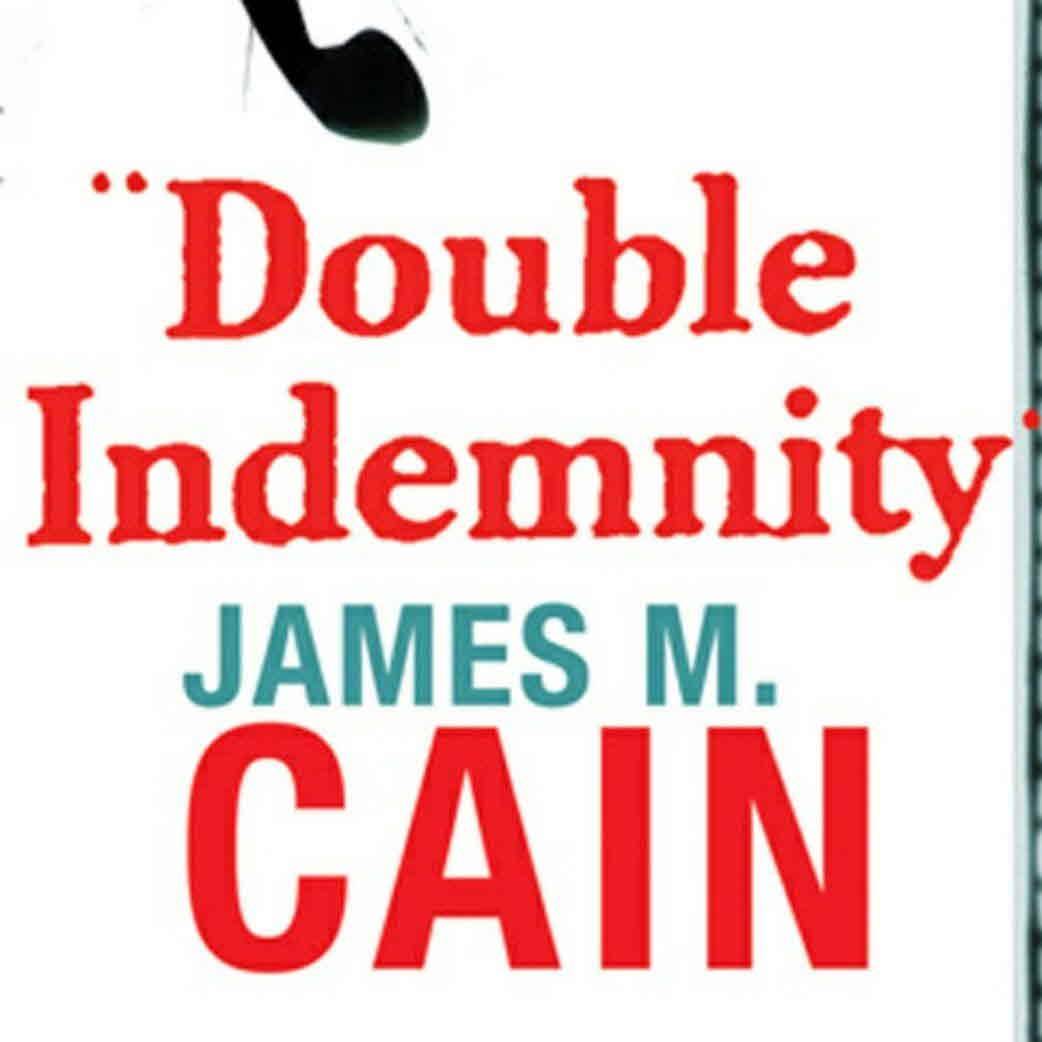
Here's another story of a pair of lovers who conspire to knock off an inconvenient husband. This one rattles along faster than that fateful train, told largely through terse dialogue as the couple first reveal their feelings to each other and then hatch their nefarious plot. The insurance agent colleague of the narrator-protagonist is a brilliant twist on the omniscient detective trope.
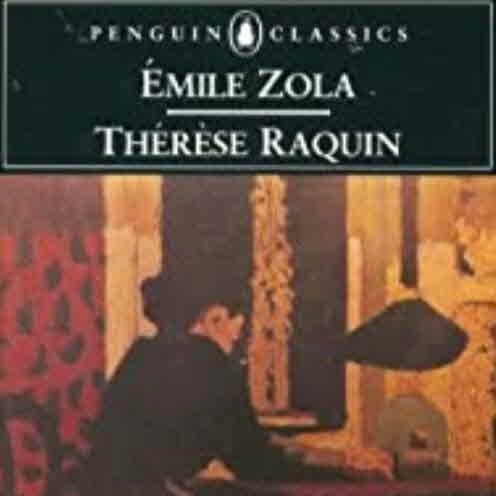
The excellent Backlisted podcast prompted me to pick up this cheerful little tale of stunted lives and murderous lust among the shopkeepers and petty clerks of Gay Paree. Even in translation, the power of Zola's descriptions is remarkable - the scenes in the Morgue, for example, would put Stephen King to shame.
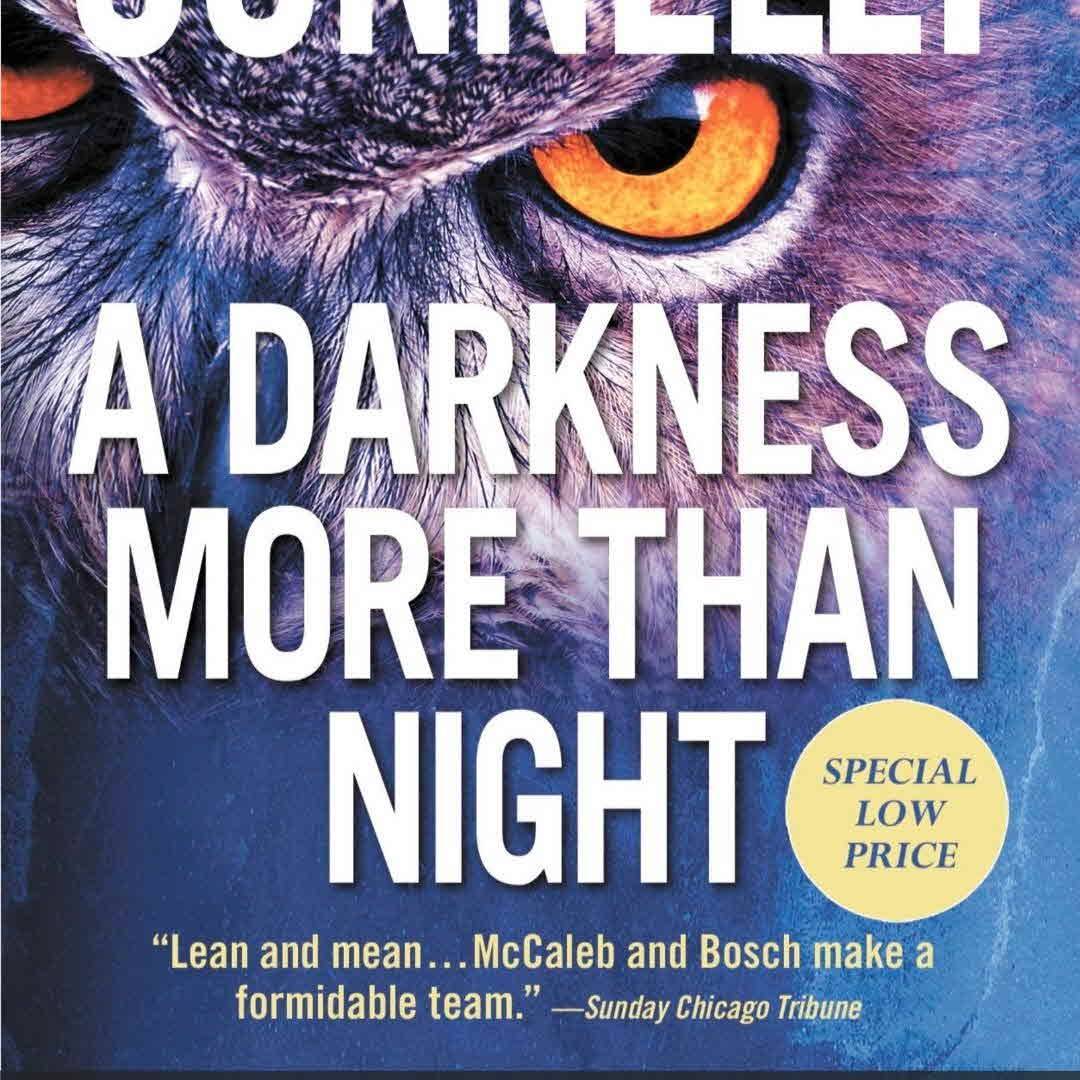
Bosch and Terry McCaleb cross paths when the L.A. cops reach out to retired FBI agent McCaleb for help with a murder they suspect may be the first in a series. Something about the way the crime scene is staged leads McCaleb to suspect Bosch (rolls eyes). Perhaps not top-notch Connelly (McCabe is a bit of a bore, truth be told) but enjoyable enough.
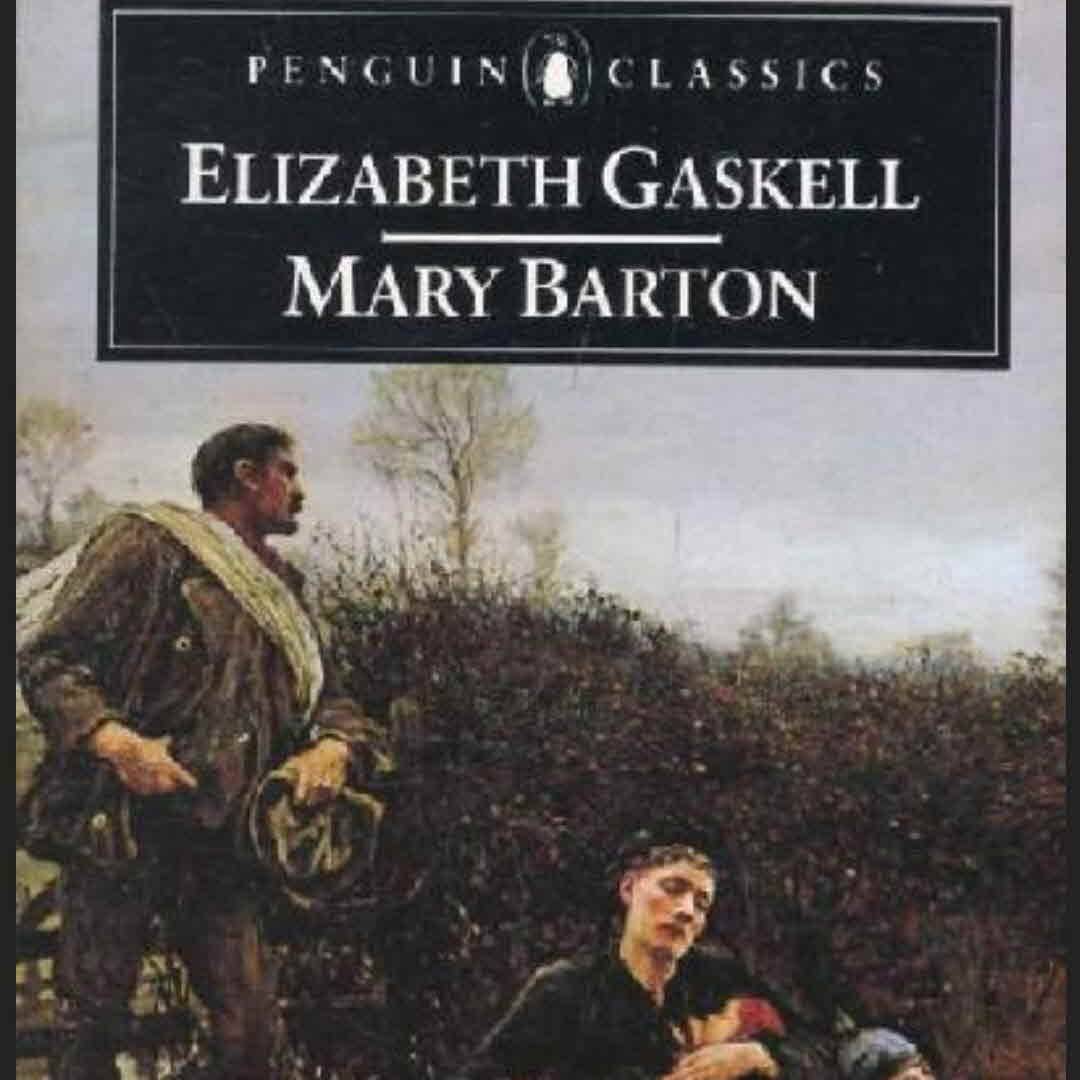
Gaskell's first novel, and it's an odd mix of "condition of England" novel and melodrama. Gaskell's sympathies with the plight of Manchester's working poor leaven the slightly heavy-handed Victorian religiosity.
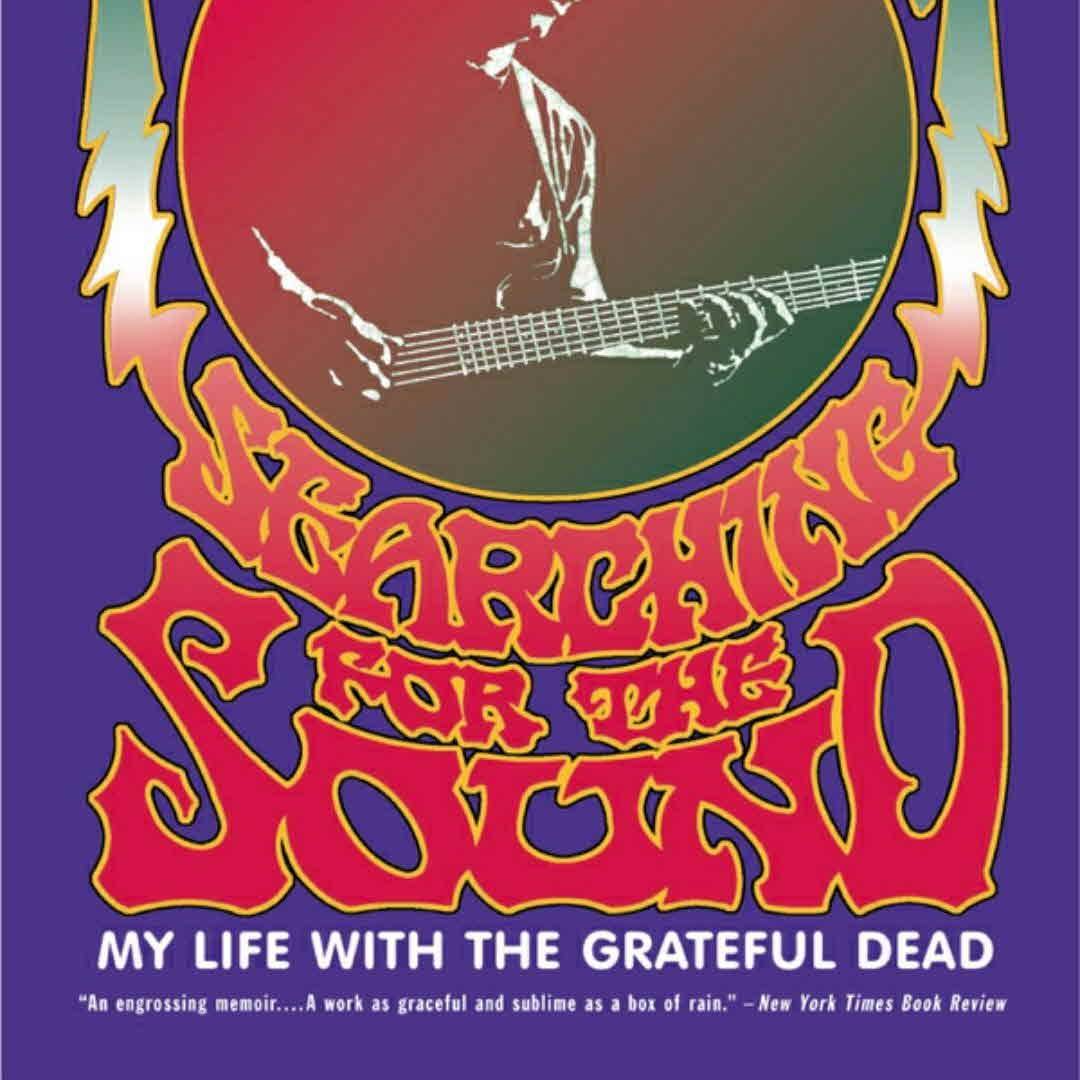
Decently written, unvarnished and occasionally very moving (the depiction of Jerry's final days) account of the Good Ol' Grateful Dead by founder member Phil. Recommended for all Deadheads.
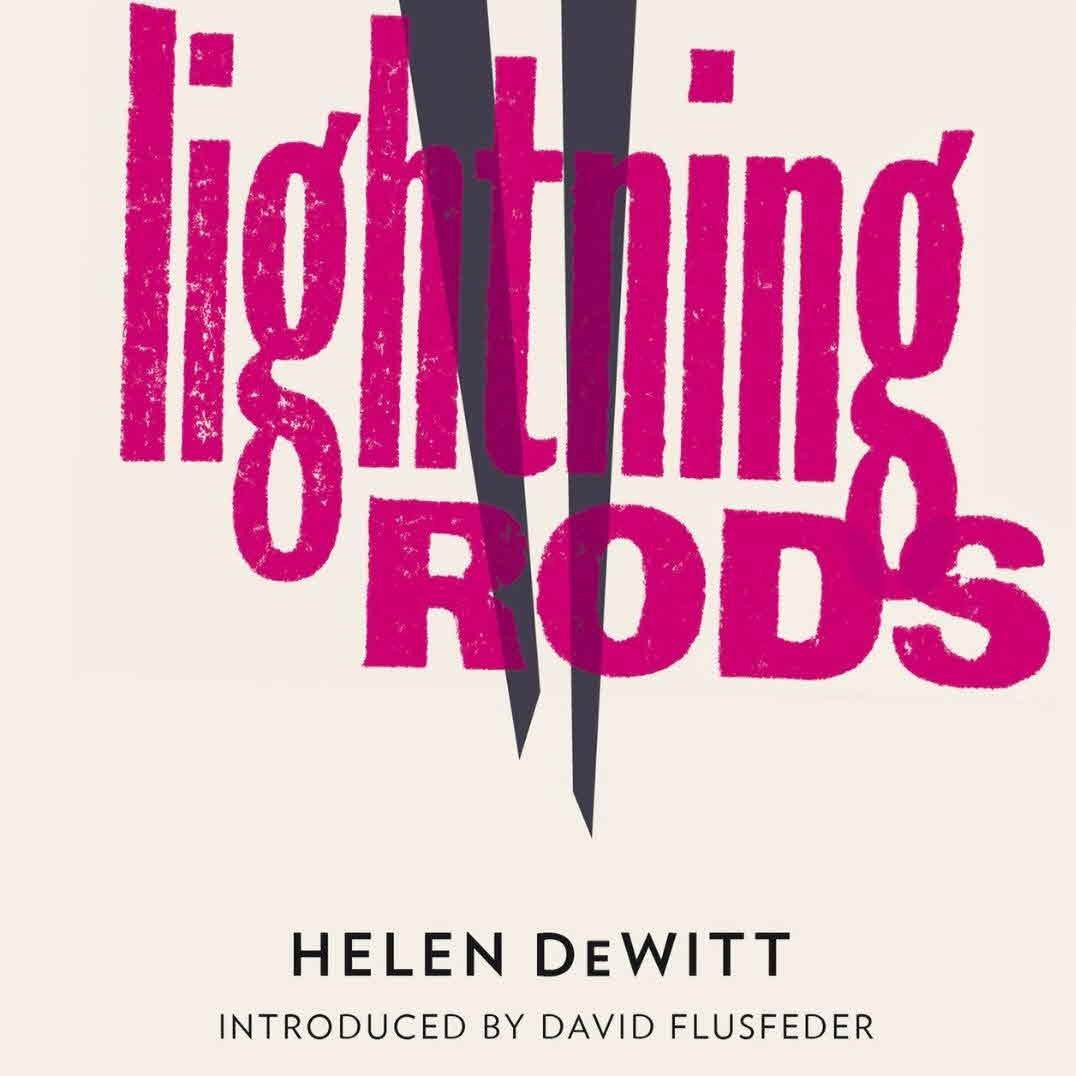
Joe is a struggling salesman when he suddenly gets his brilliant idea - a way for companies to safeguard themselves against sexual harassment suits by providing a (cough) facility which testosterone-fuelled workers can avail themselves of at scheduled times. Brilliantly written in a style which at times parodies the clichés of the self-help and motivational genres this is laugh-aloud hilarious.
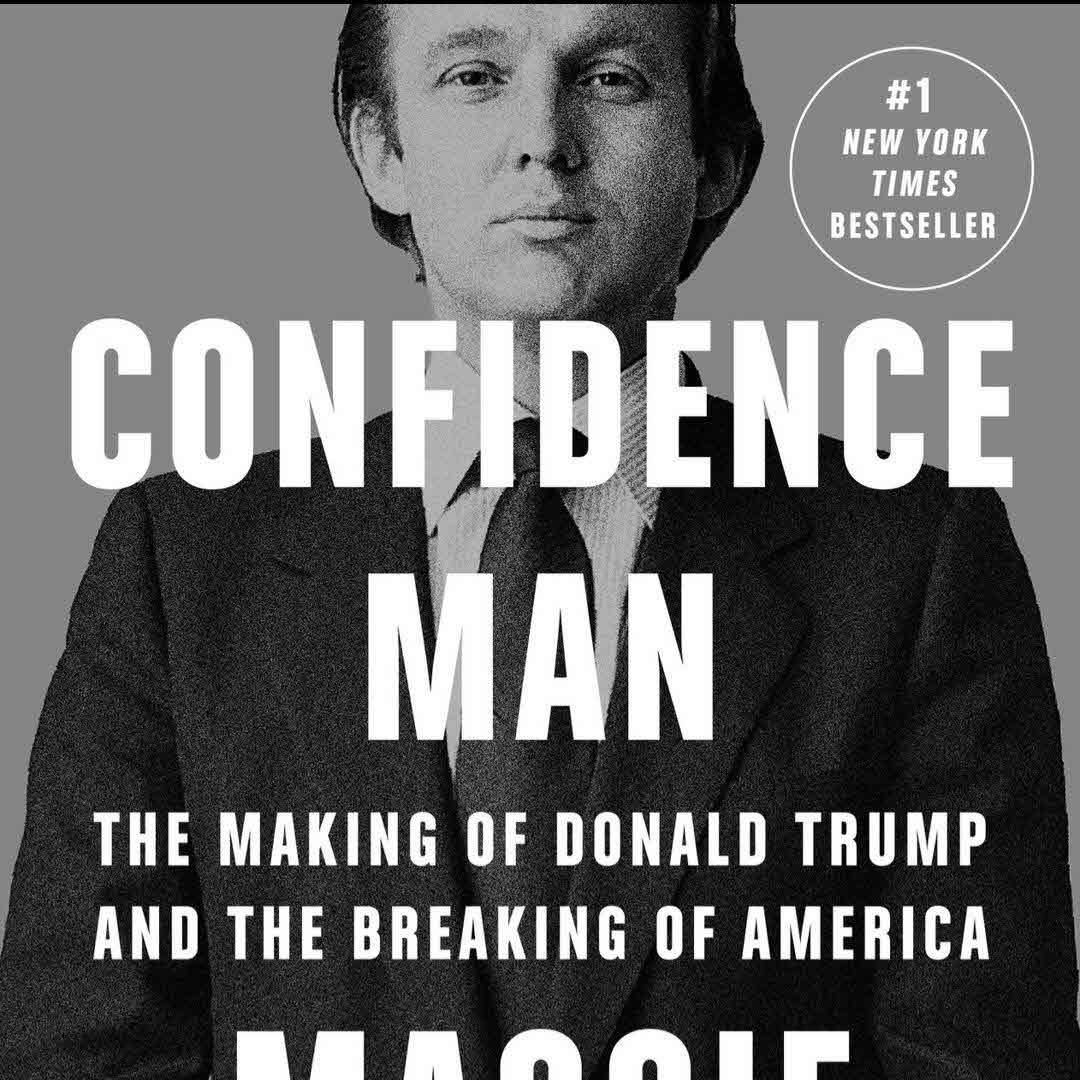
Workmanlike, even-handed account of Trump's New York career, campaign, and Presidency. Thankfully short on salacious details, this one reads like one of those foundational documents for the inevitable 3-volume bio our grandchildren will be obliged to read in college.
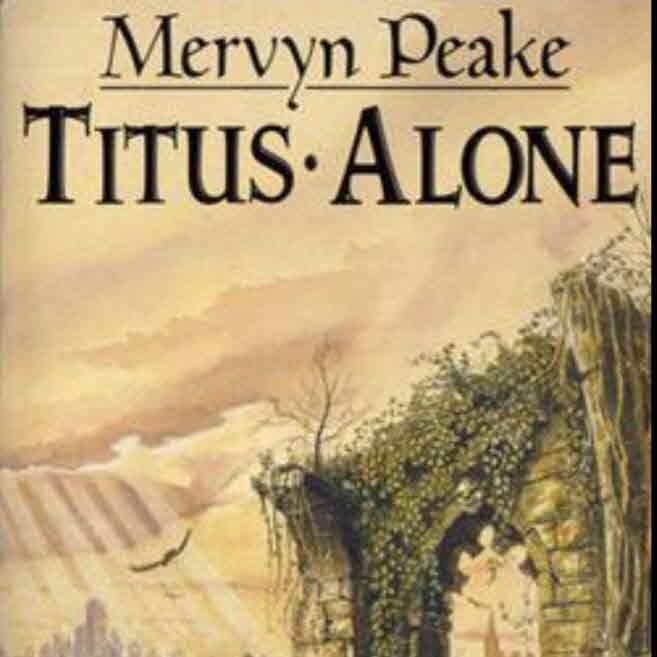
Whereas the first two novels in the sequence are replete with long descriptive passages, here the pace is much more rapid, as we are whisked from scene to scene. Perhaps because of this dissimilarity to the preceding books, Titus Alone has often been dismissed by readers who simply wanted more Gormenghast, which is a pity as it has strange riches of its own.
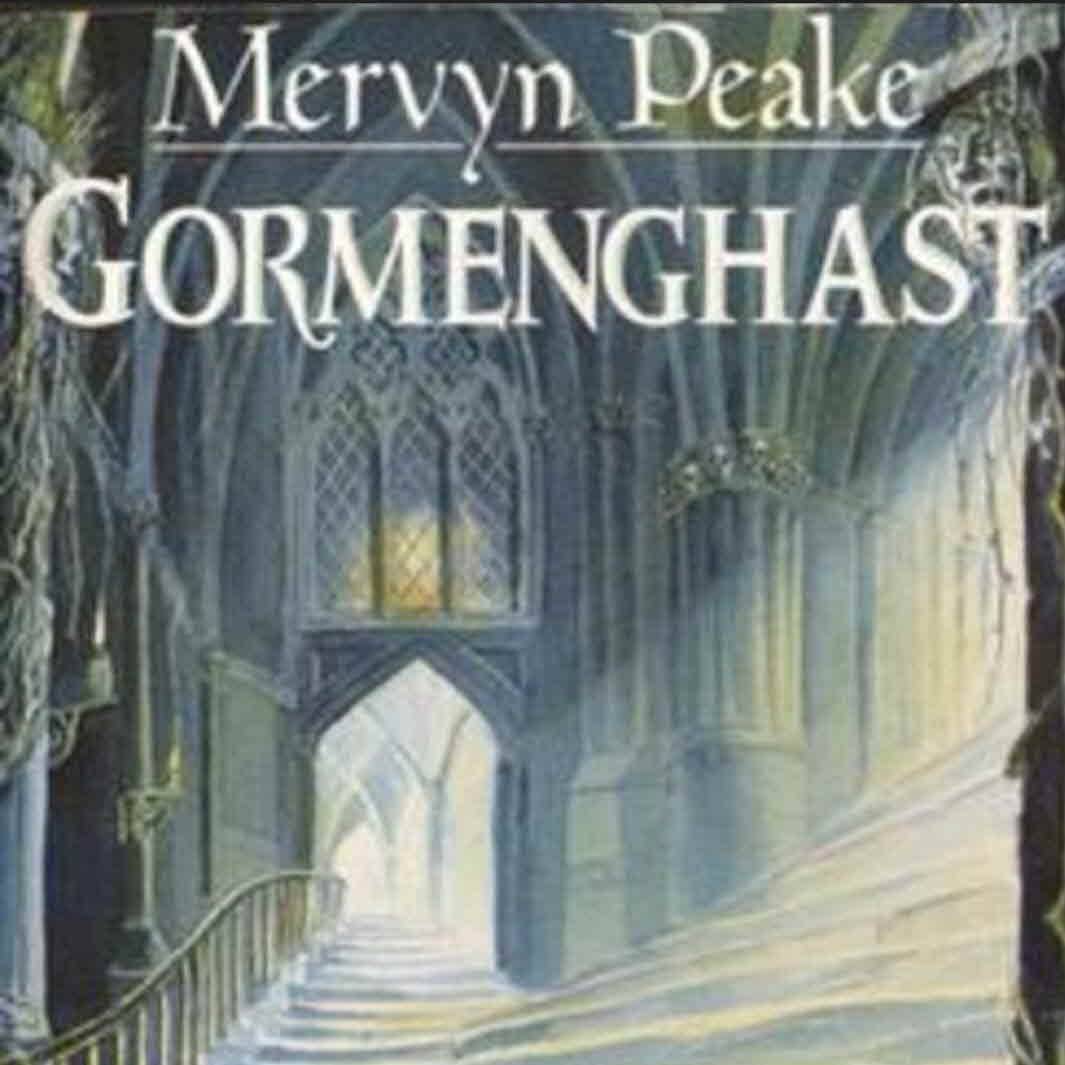
Titus is growing up and we get several new characters, including the chamber of grotesques which is the Gormenghast school staff room, several of whose inmates reminded me not a little of the beaks of St Custards. As before, long descriptive passages are periodically interrupted by moments of tension and high drama, and there is even comedy, chiefly at the expense of poor Irma Prunesquallor.
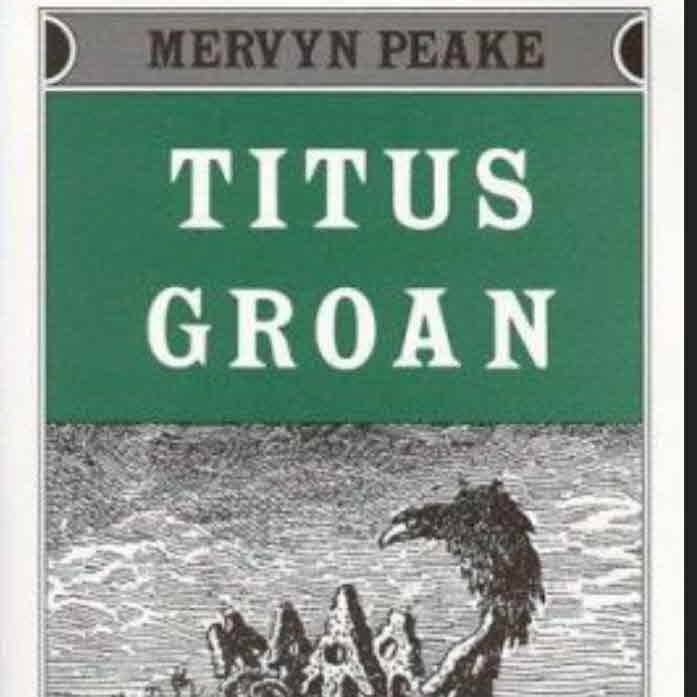
Long overdue reread of this classic of the grotesque. Swelter, Flay, Steerpike and the rest are some of the most memorable characters in English literature.
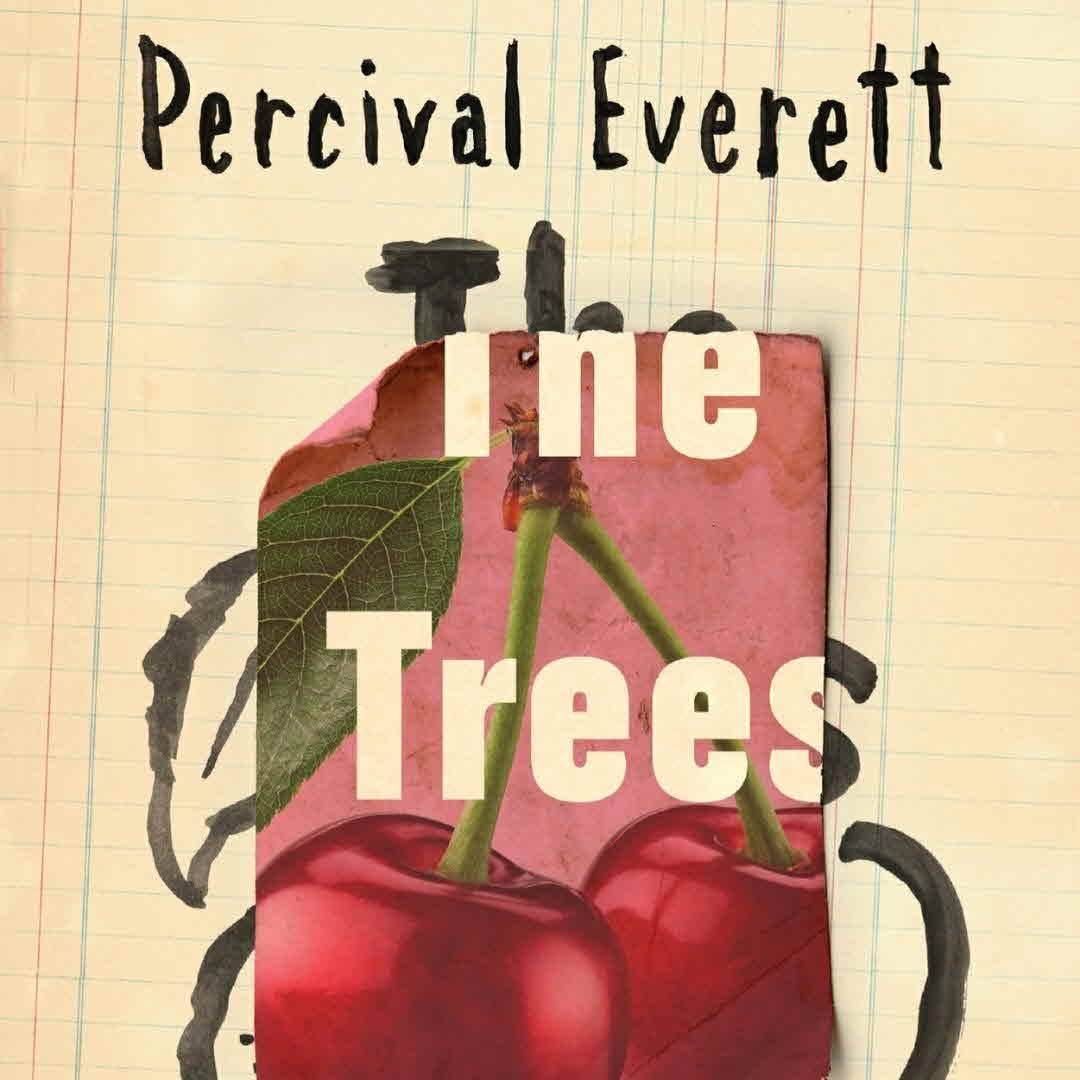
Hilarious, angry and thought-provoking, this opens with a string of murders in Money, Mississippi, a disappearing corpse and links to the lynching of Emmett Till 60 years previously. Ending was a bit abrupt but a fantastic read.
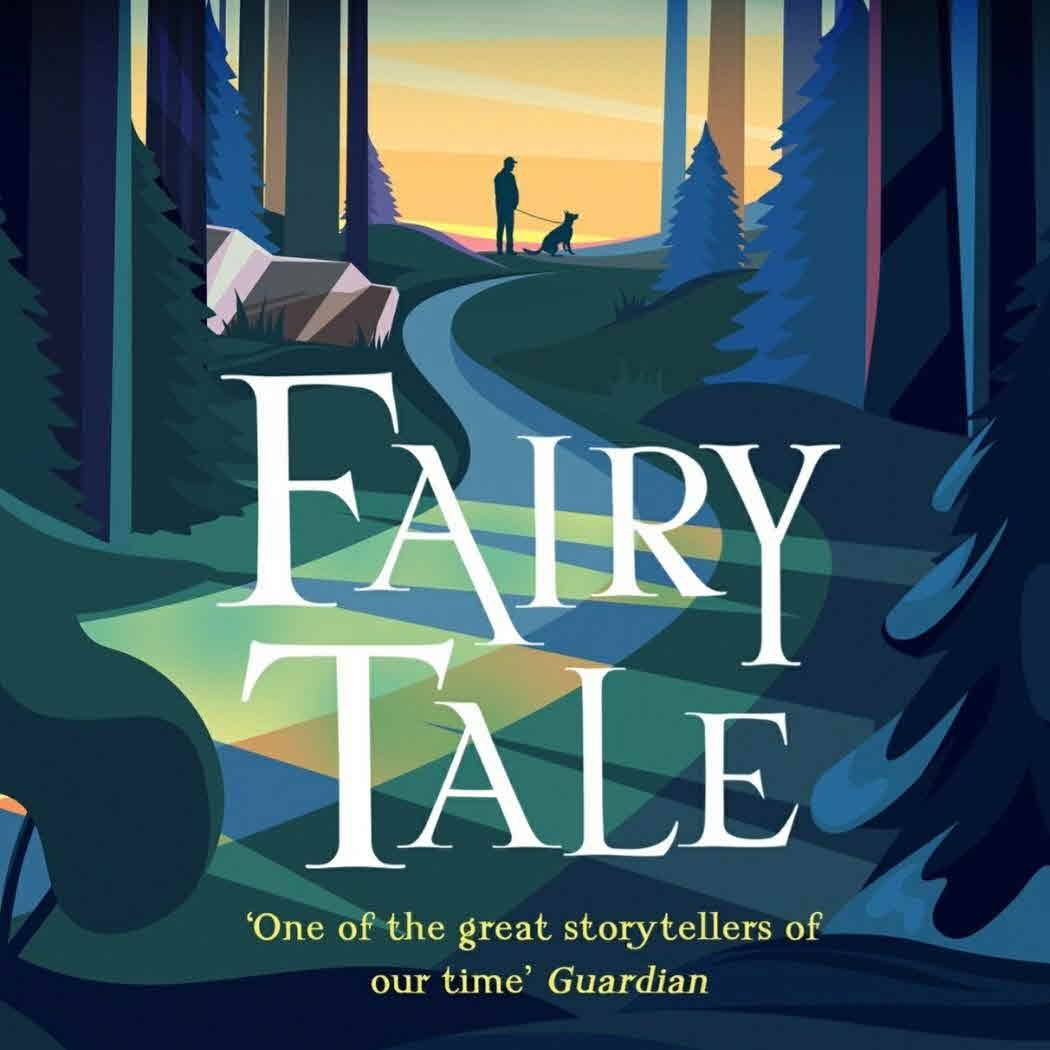
King revisits the fantasy genre he explored so successfully with The Talisman and The Dark Tower. A slow build-up and then we're in a magical realm under a curse. Maybe not absolutely top-drawer King but very enjoyable. And Radar will steal your heart.
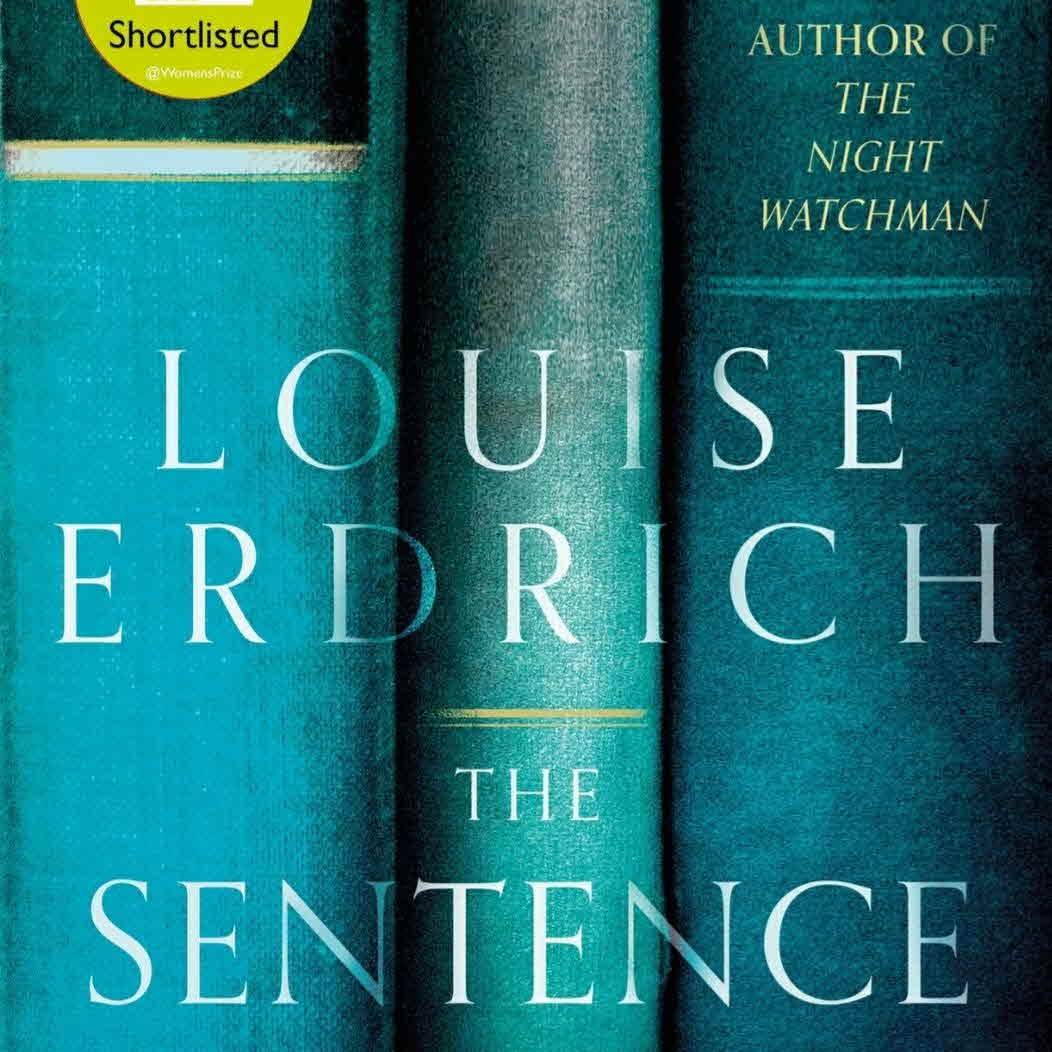
Superb and bang-up-to-the-minute novel which takes in Covid and BLM while also being a love letter to literature. And the relationship between Tookie and Pollux is one of the deepest, truest, and most moving descriptions of married love I've ever read.
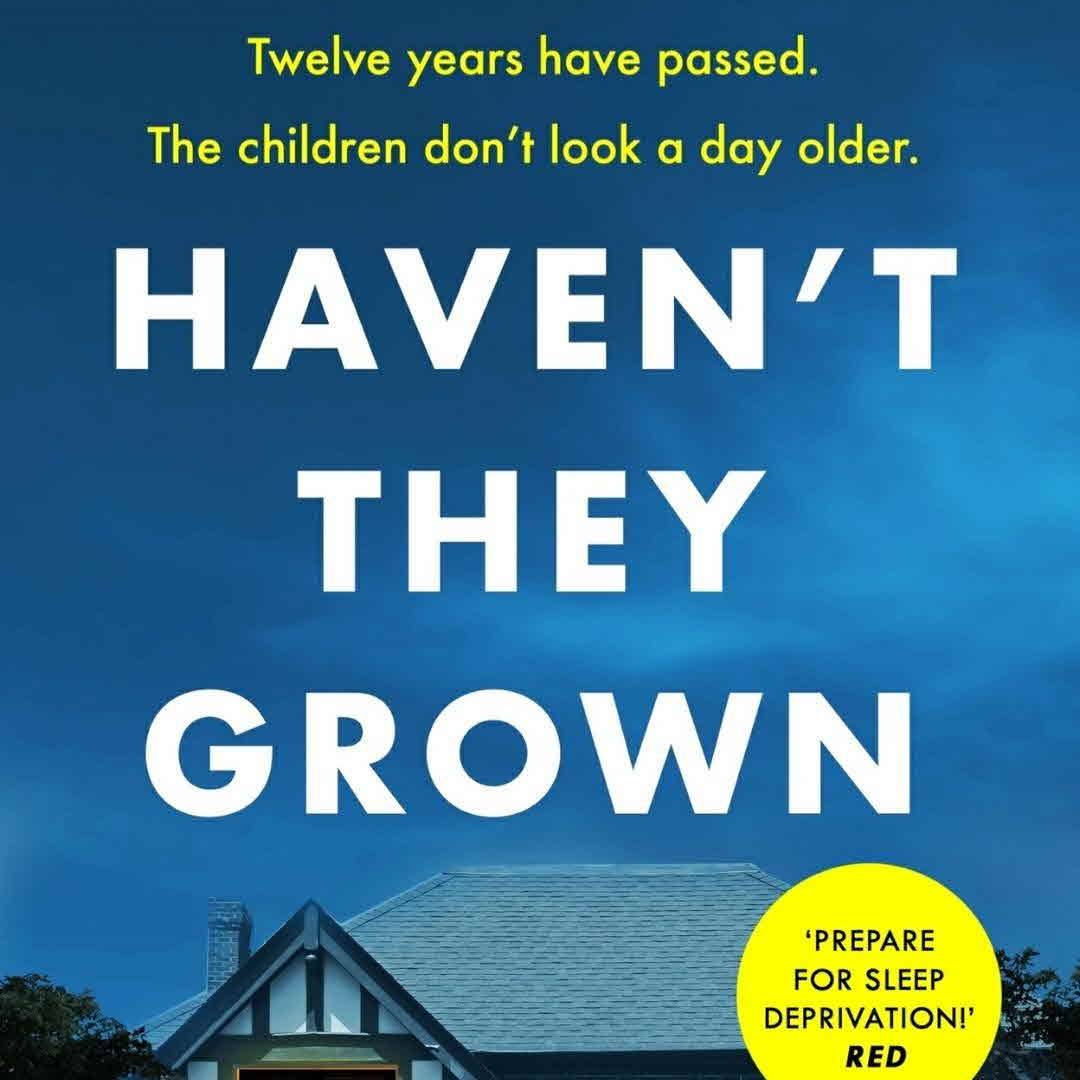
Why are Lewis and Flora's kids seemingly frozen at the age they were when estranged friend Beth last saw them 12 years previously? And why is Flora now calling herself Jeanette? Sophie Hannah has a real talent for taking the most bizarre, implausible, scenarios imaginable and somehow turning them into page turners. I thought this one was easily the best of hers I've read so far.
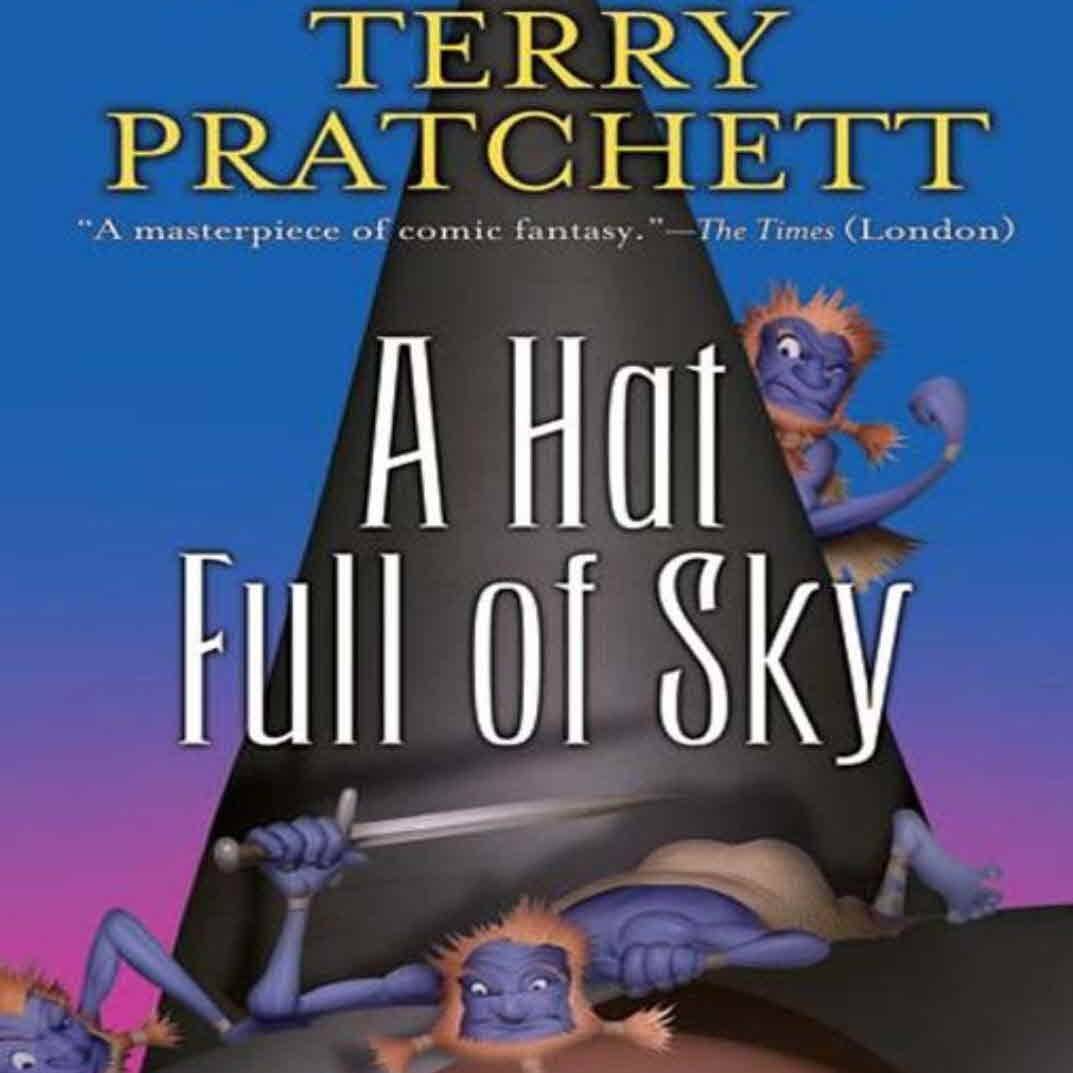
Second in the Tiffany Aching series sees Tiffany now an apprentice witch, coming under the benign if prickly care of Granny Weatherwax and attempting to free herself from being possessed by a malign spirit. Not, perhaps, as laugh out loud funny as the best of Discworld but an enjoyable read. And full of heart and benign wisdom.
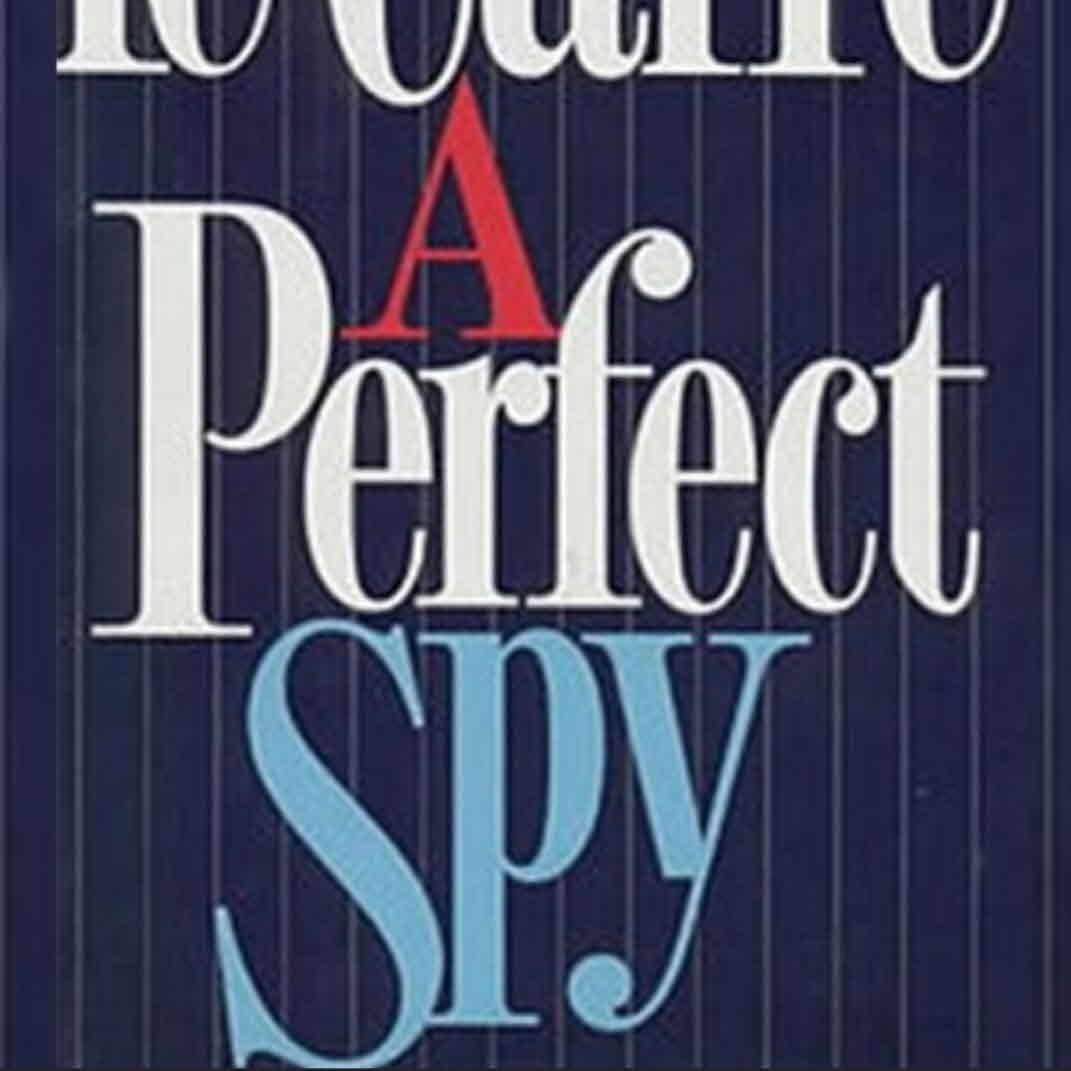
Often acclaimed as Le Carré's best this is the heavily autobiographical tale of Magnus Pym, the perfect spy of the title, and his relationship with his conman father. Excellent, even if I found some of the motivation behind Pym's betrayals a little opaque.
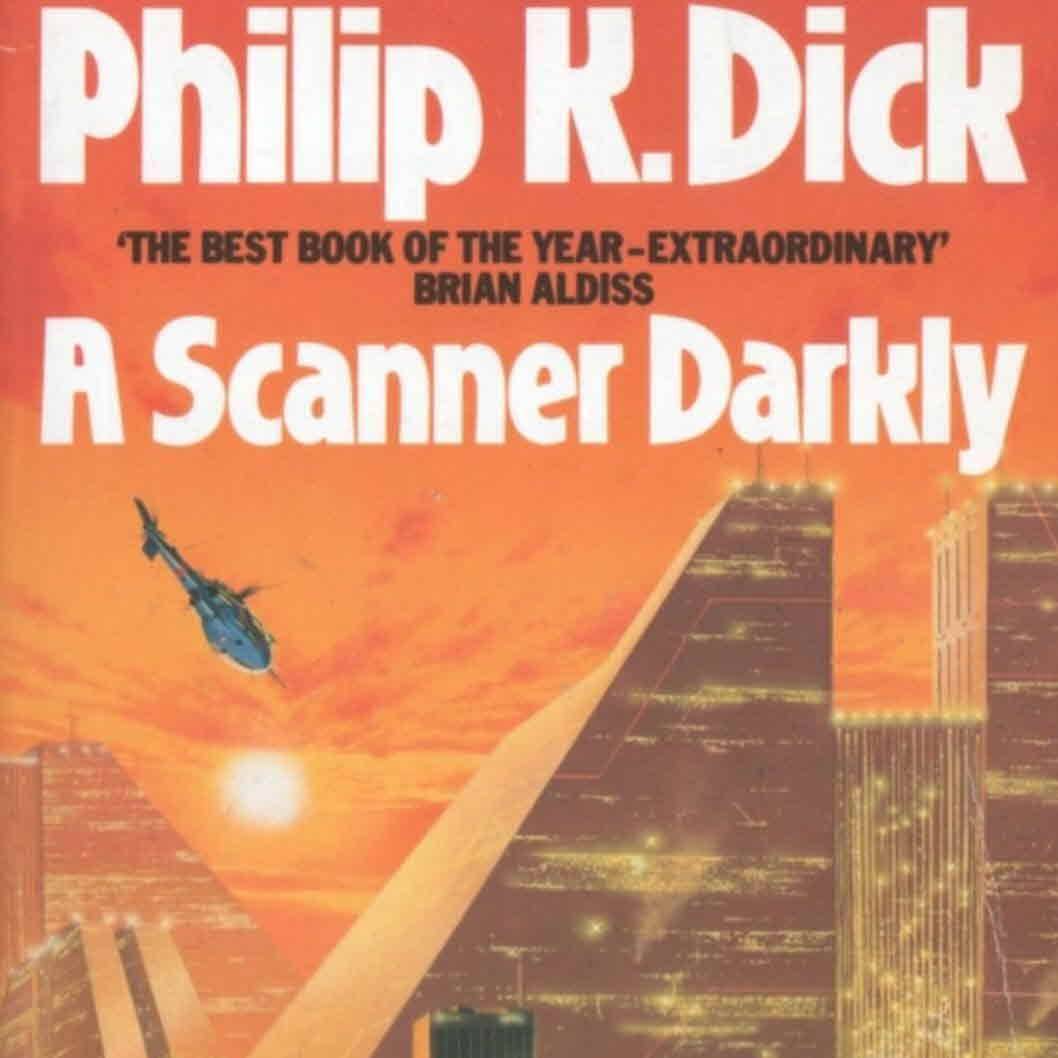
Bob Arctor is an undercover narcotics cop who is attempting to uncover the bigger players in the supply chain. To do this effectively he has to pose as a drug fiend, and for complicated reasons is assigned to spy on himself. The appeal and horror of drug addiction is expertly rendered and the meandering paranoid conversations of the dopers is brilliantly done and often very funny.
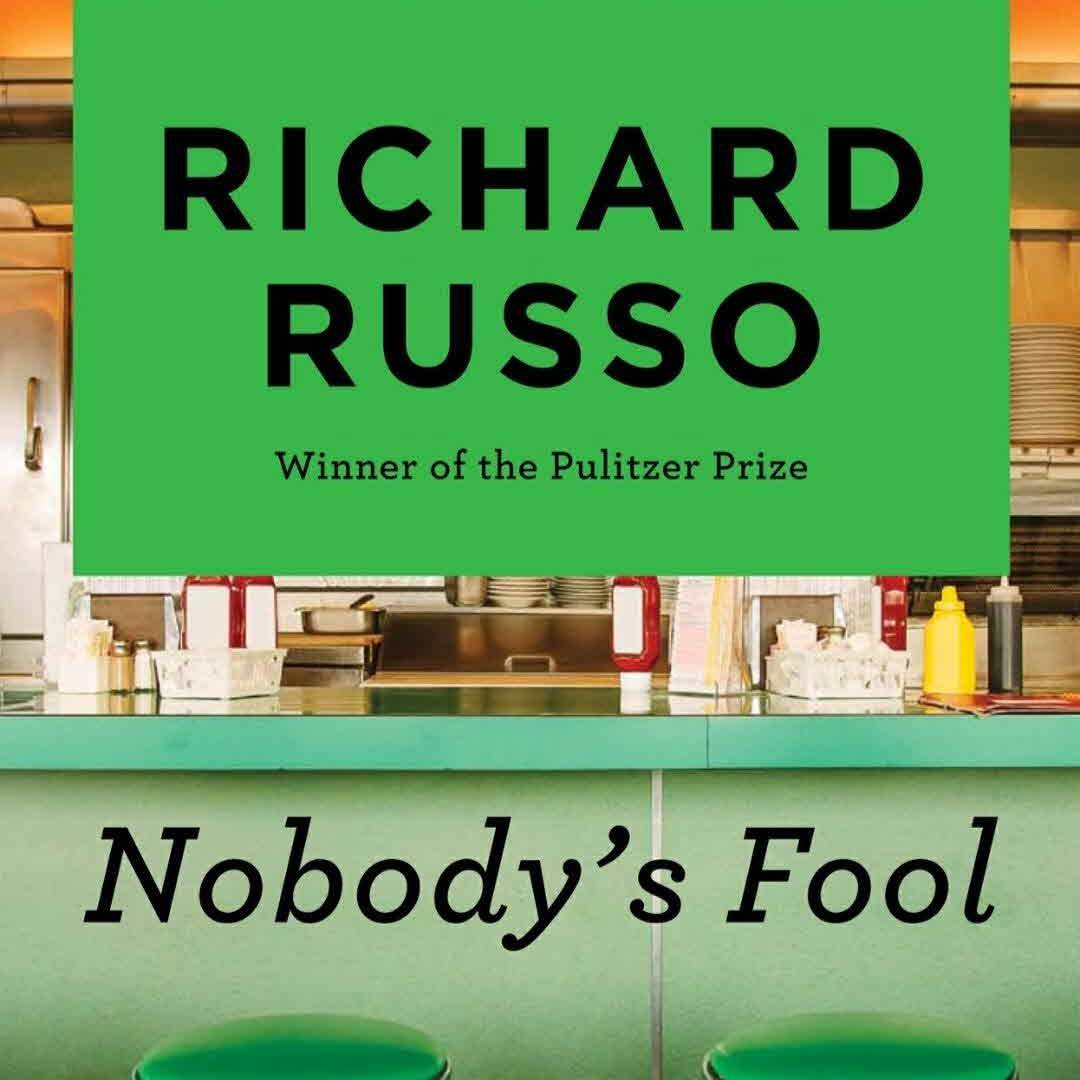
The protagonist of this gently comic tale of small-town America is Donald Sullivan, aka Sully. Sixty years old, divorced, with a dodgy knee, Sully keeps himself in beer money with a string of odd jobs and harmless cons. Not an awful lot happens and at 550 pages some readers might chafe at the leisurely pace of the storytelling, but it's the creation of wonderfully human and believable characters that Russo excels.

Based on the story of the author's mother, this tells the story of 15-year-old Ana, married to a much older man and packed off to New York in the hope she will in some way help to make the family's fortune. My only cavil is that it reads more like a non-fiction account
than a novel, in that to be honest not a lot actually happens apart from a few sex scenes and it's hard to sustain much interest in her story.
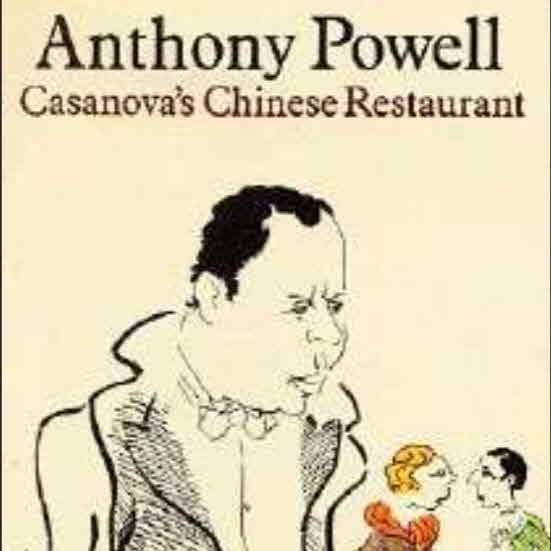
Volume 5 of his 12-volume A Dance to the Music of Time opens in the late 1920s with Nick recalling his first meeting with composer Hugh Moreland before jumping forward a few years to 1936 when both he and Moreland are navigating the shoals of matrimony. As well as Moreland we are reintroduced to old friends, most memorably Stringham, and Widmerpool continues his inexorable rise.
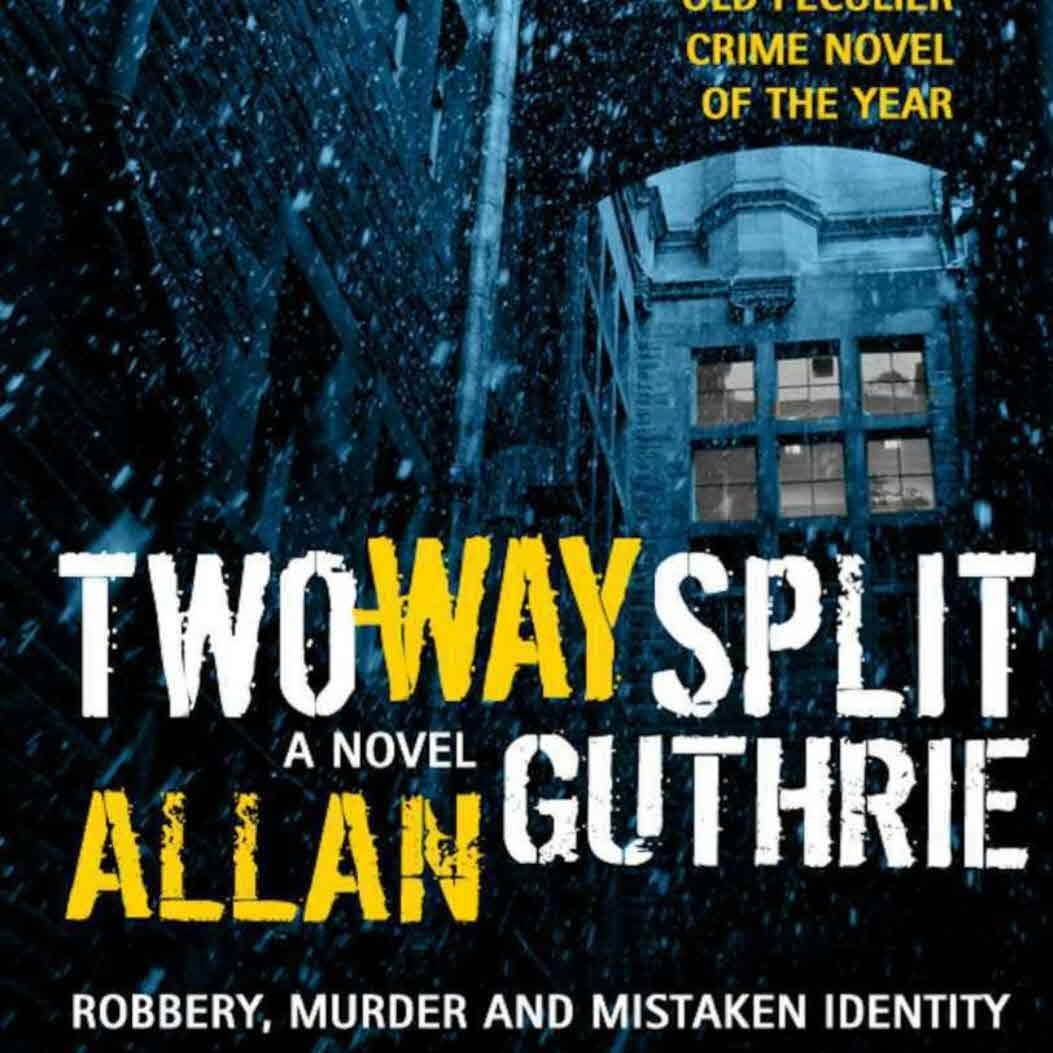
I'll be honest and say that this one lost me in places, necessitating a bit of flipping back to work out which Edinburgh hardcase was beating up which and why, but overall this was a good read. Makes Ian Rankin look like P.G. Wodehouse.
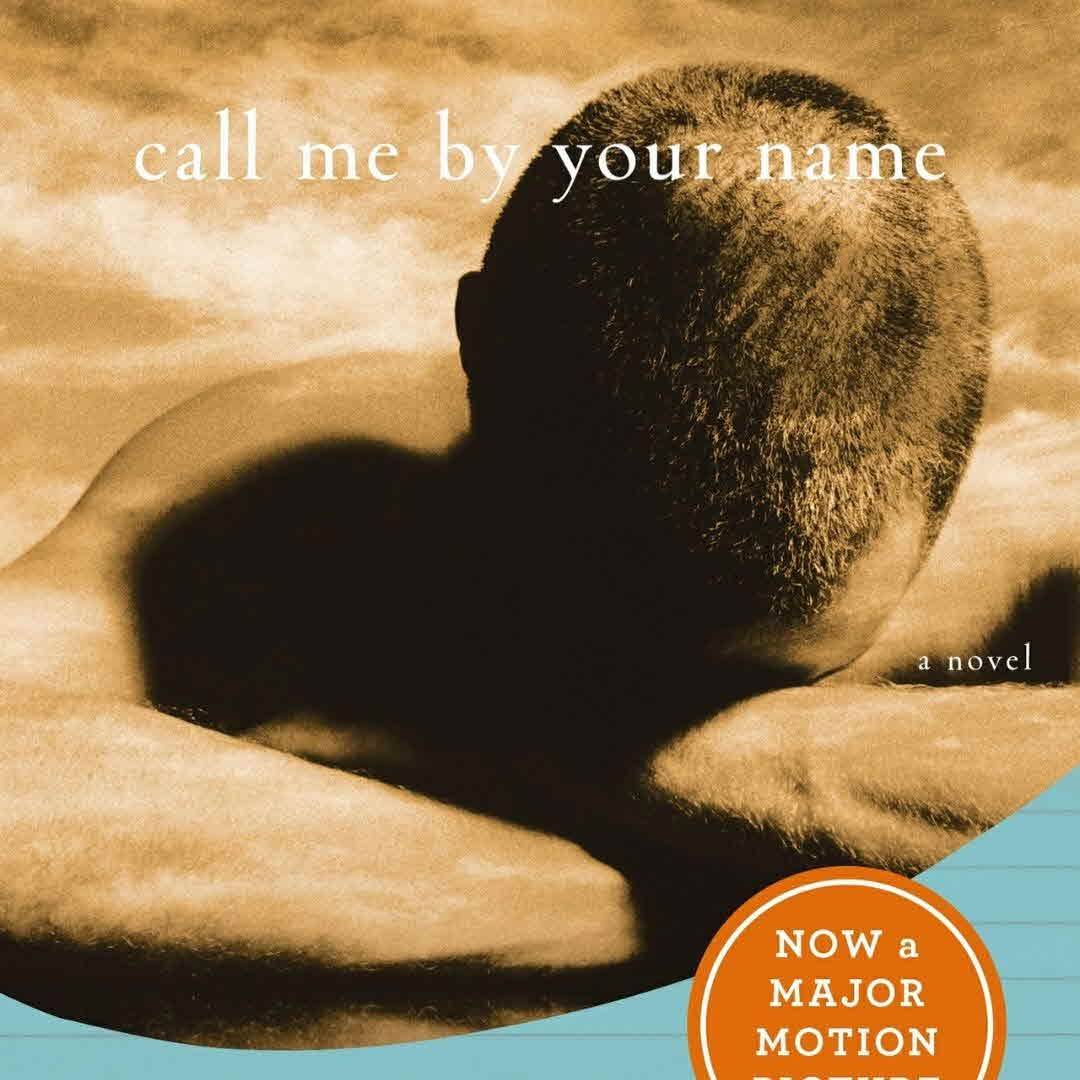
It's not often I bail but this was awful. Made it as far as page 84 but life is really too short.
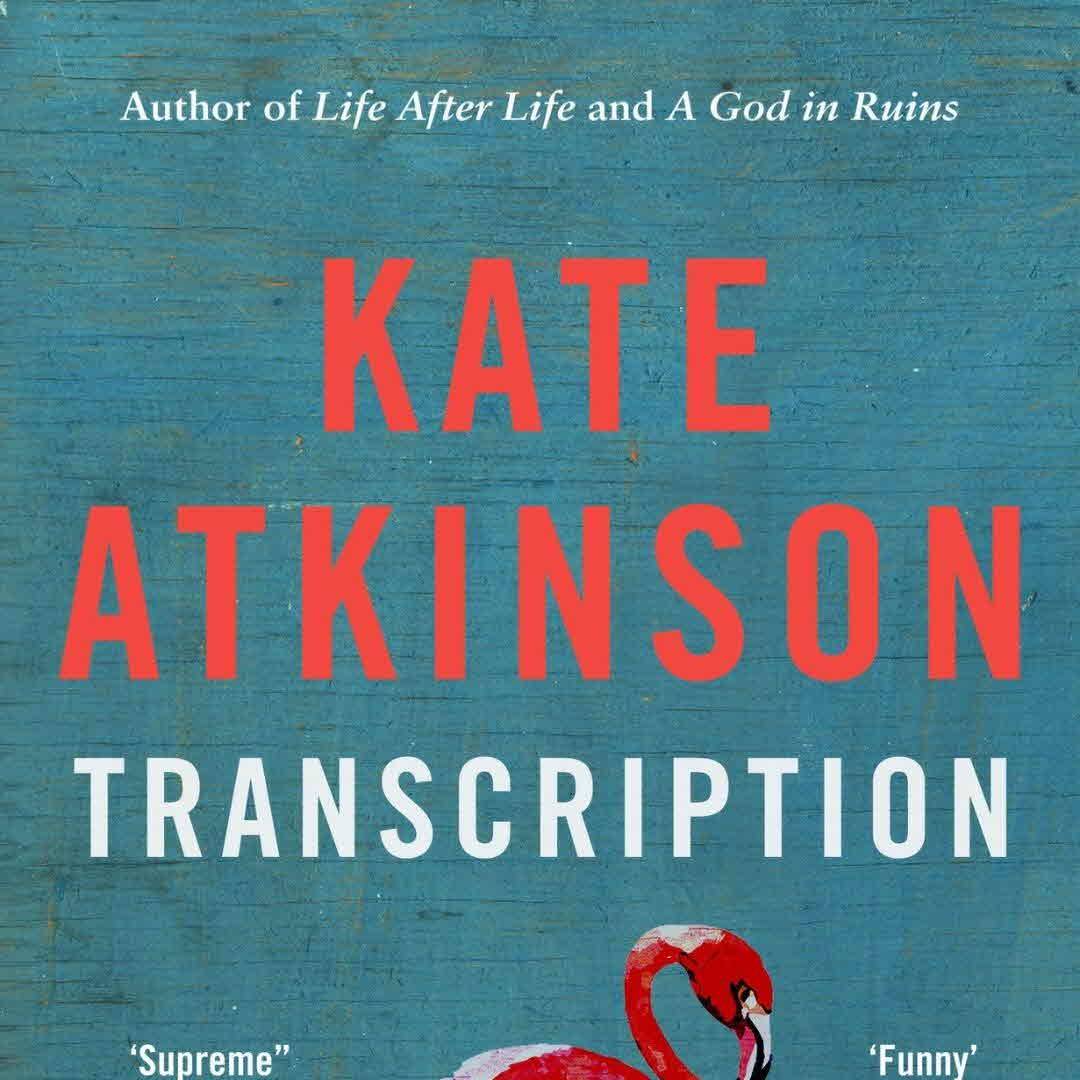
Alternates between two main timeframes: the first is 1940 where our heroine Juliet, anxious to take part in the war effort, is recruited by MI5 as a transcriber, listening to bugged conversations between a supposed Gestapo officer (actually a British double agent) and a group of Nazi sympathisers. The second is 1950 and Juliet is now working as a radio producer for the BBC when dark secrets from her wartime past return to haunt her. Excellent.
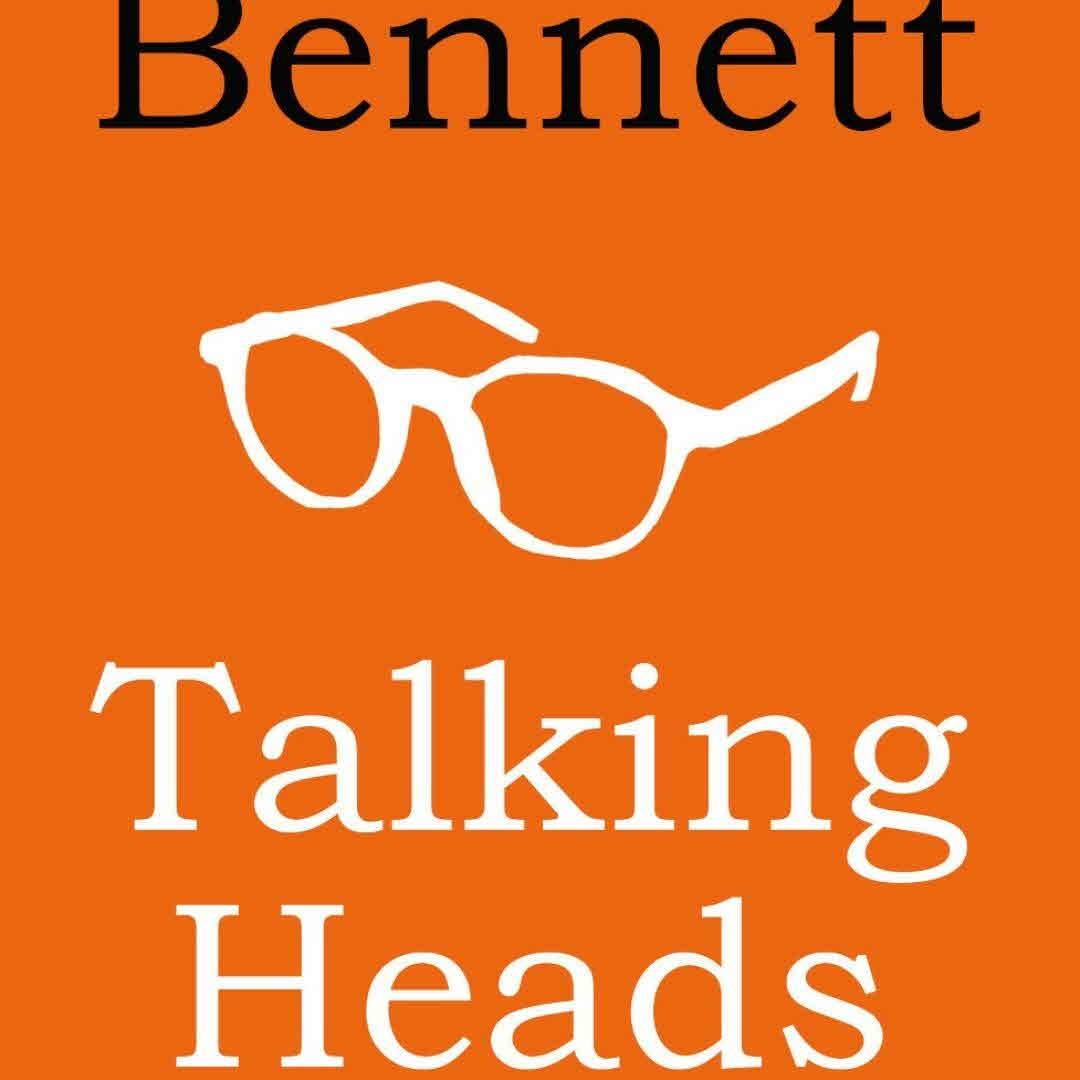
The various protagonists of these dramatic monologues reveal themselves to the reader while often remaining at least partially unaware of what it is they are telling us. The social and cultural signifiers are invariably spot on. Simultaneously hilarious and heartbreaking.

Harrowing and uplifting tales from the frontline of the American "justice" system which incarcerates children for life and where the law is basically just a continuation of a centuries-old system of oppression.
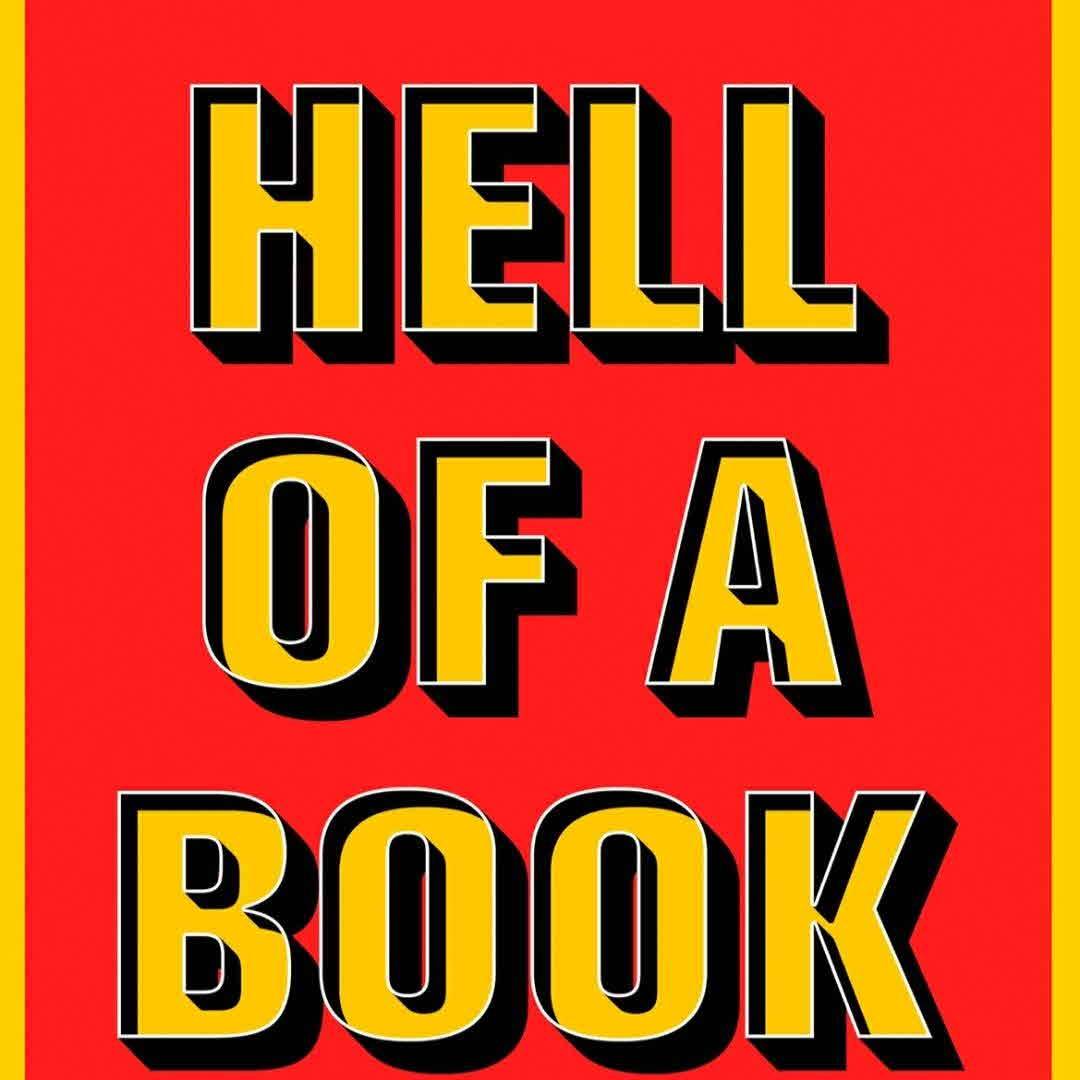
Succeeds in communicating the endemic racism of the US and the poisonous effect it has on generations of Black children in a way which is moving and subtle. It's also frequently very funny.
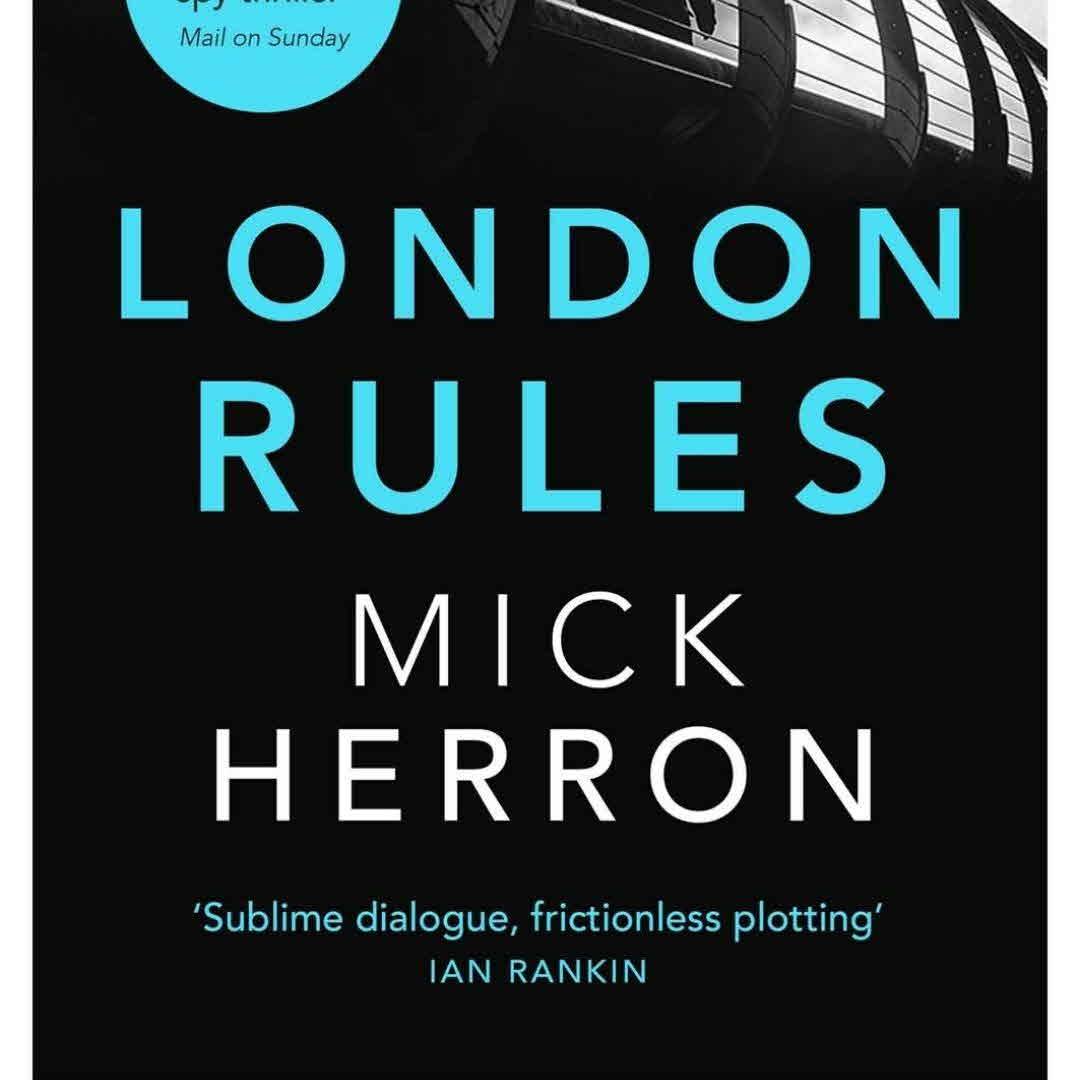
Fifth in his Slough House spy series. They just get better and better and Jackson Lamb is one of the great comic creations.
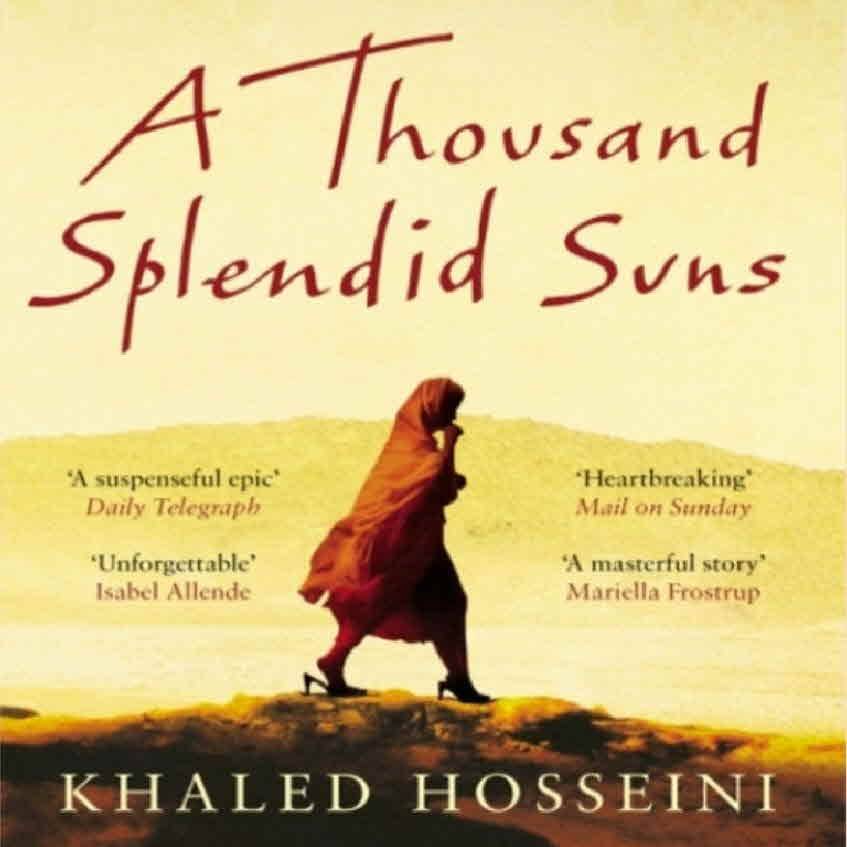
Hosseini rises to the daunting challenge of following The Kite Runner with a grim but ultimately hopeful story of two women's lives in a patriarchal society.
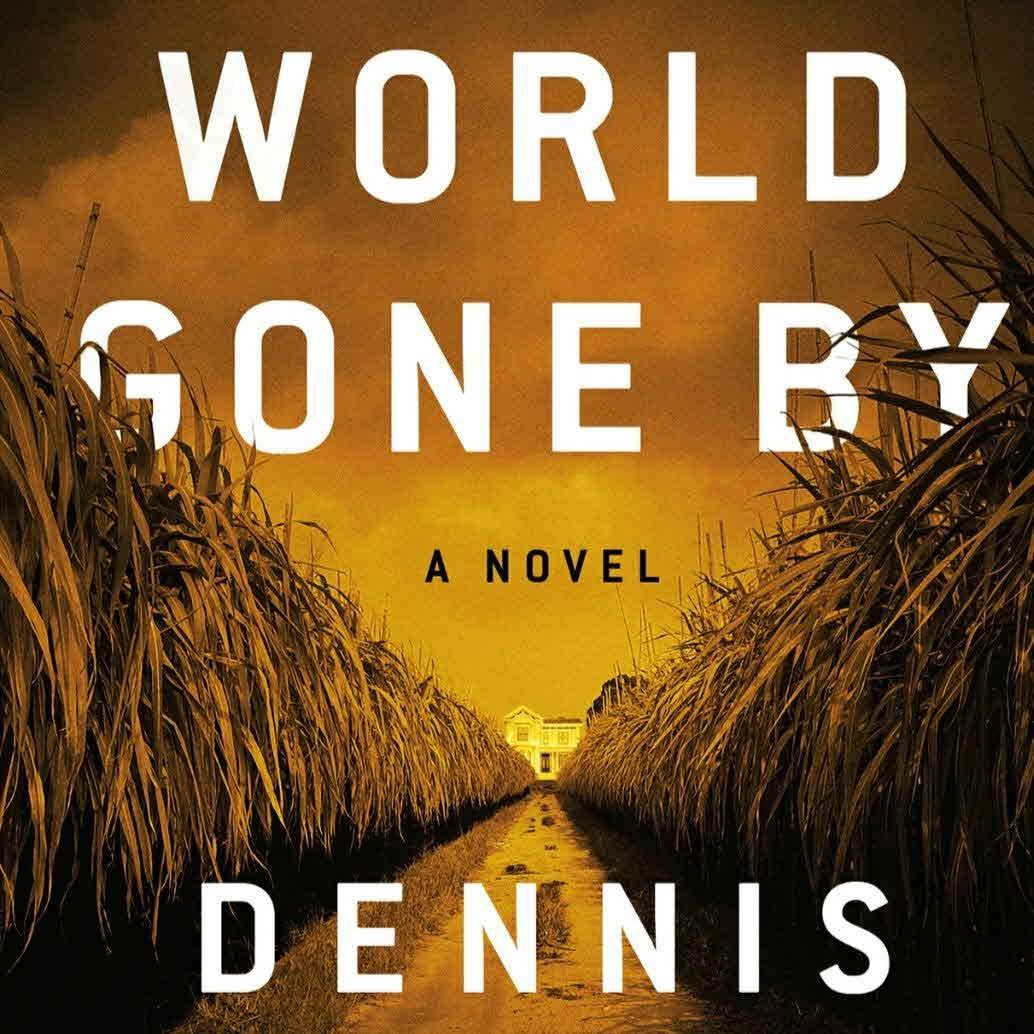
Third in his Coughlin trilogy and a sequel to Live By Night. The temptation in mafia fiction, of course, is glorification of "the life", but here Lehane doesn't shy away from the sordidness of the whole business, which, stripped of its superficial glamour, is shown to leave in its wake a trail of helpless addicts, exploited women and fatherless children. This brings the trilogy to a triumphant conclusion.
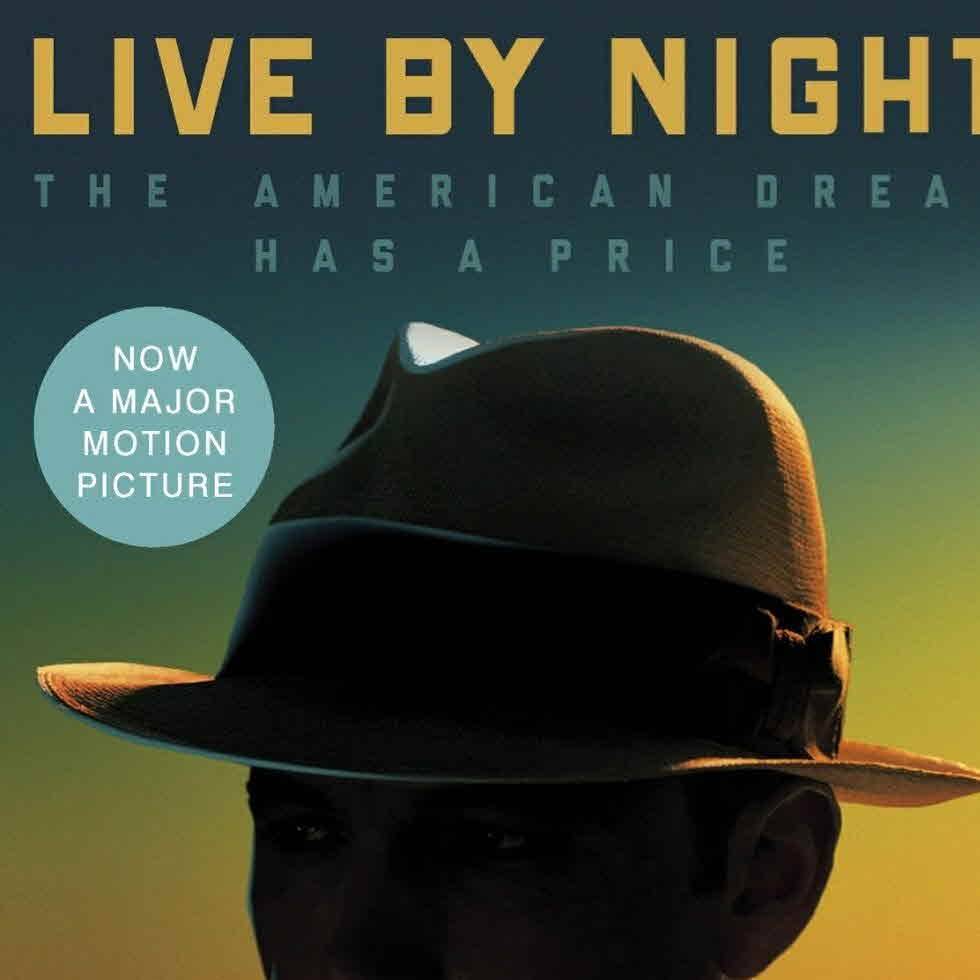
Second in his historical trilogy centred on the Coughlin clan of Boston. The third Couglin son, Joe, who we last met as a cocky twelve-year-old, has embarked upon a life of crime and soon gets embroiled with some of Boston's nastier elements. It's a fast-paced story of hoodlums and gorgeous dames which also contains a description of prison life so grim if makes The Shawshank Redemption look like Porridge.
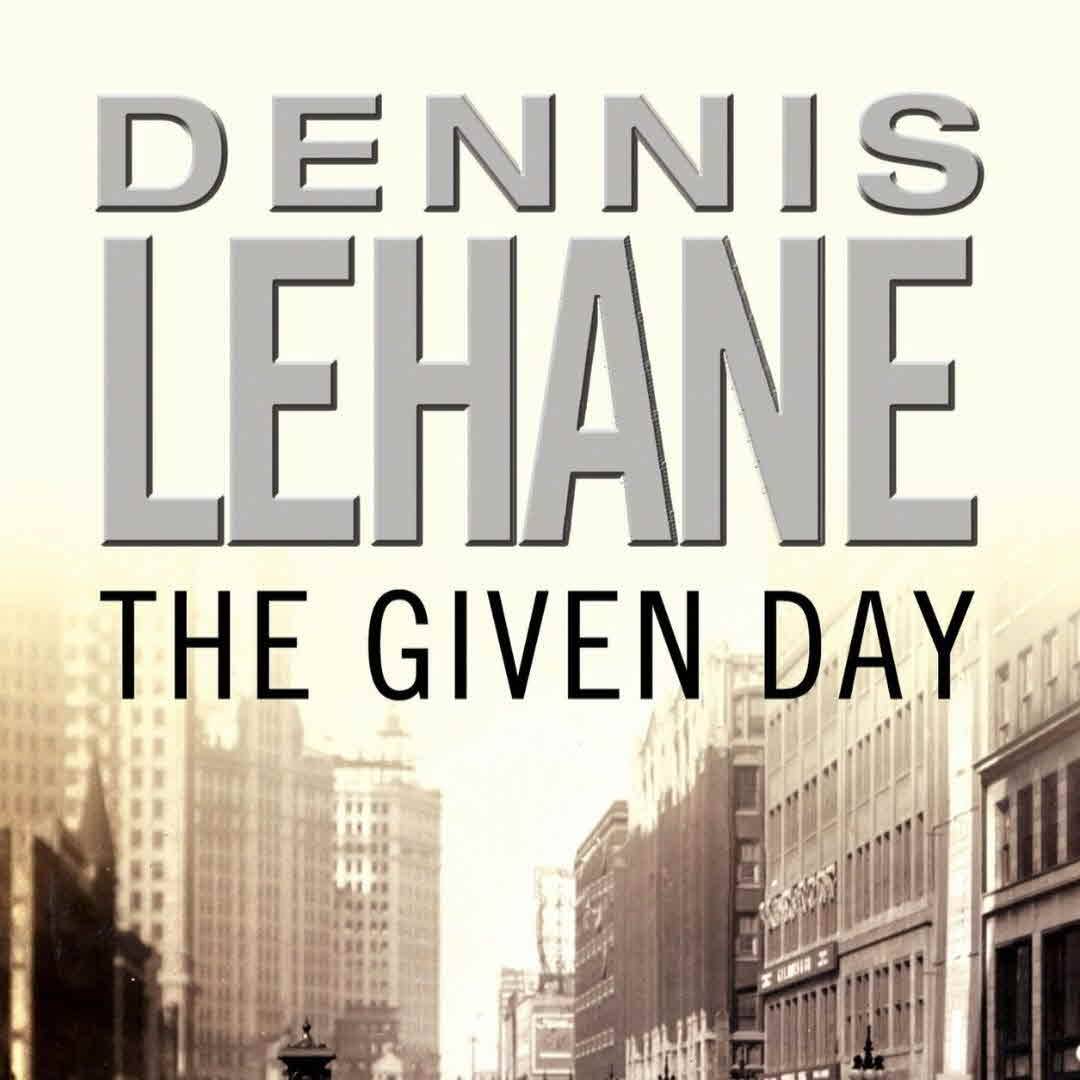
First in Lehane's trilogy of historical novels set mainly in Boston in the years immediately following the end of World War One. A gripping read which illuminates a specific, and critical, moment in American history, and the struggles between capital and labour and the running sore of racism give it a contemporary resonance. The description of the breakdown in law and order following the BPD strike is Dickensian in its power.
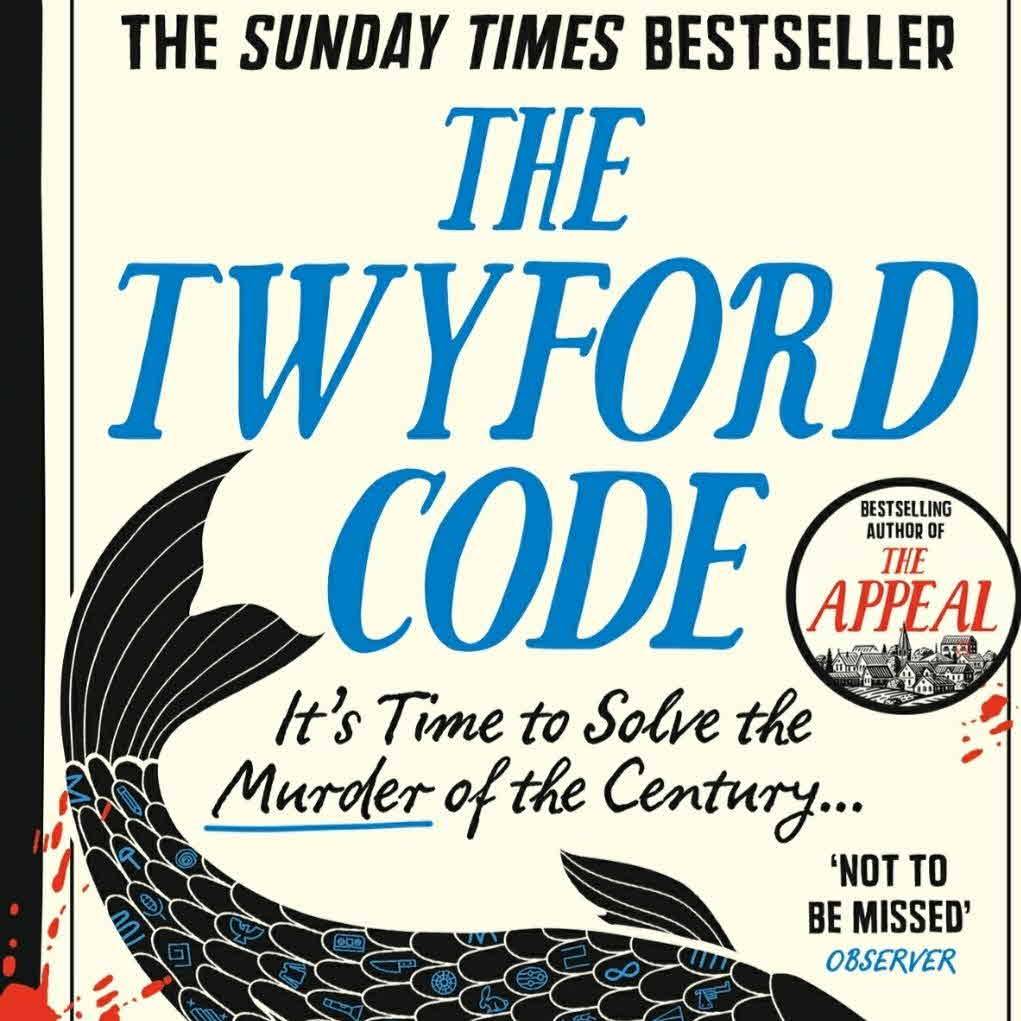
Imagine a once-popular, now despised children's author (think Enid Blyton) whose books apparently contain a mysterious code. Attempting to crack the code and the mystery is ex-con Steve Smith, whose dyslexia leads him to record the stages of his investigation on the voice-recorder tool of his son's old iPhone. Lots of twists and turns and red herrings. Great fun.
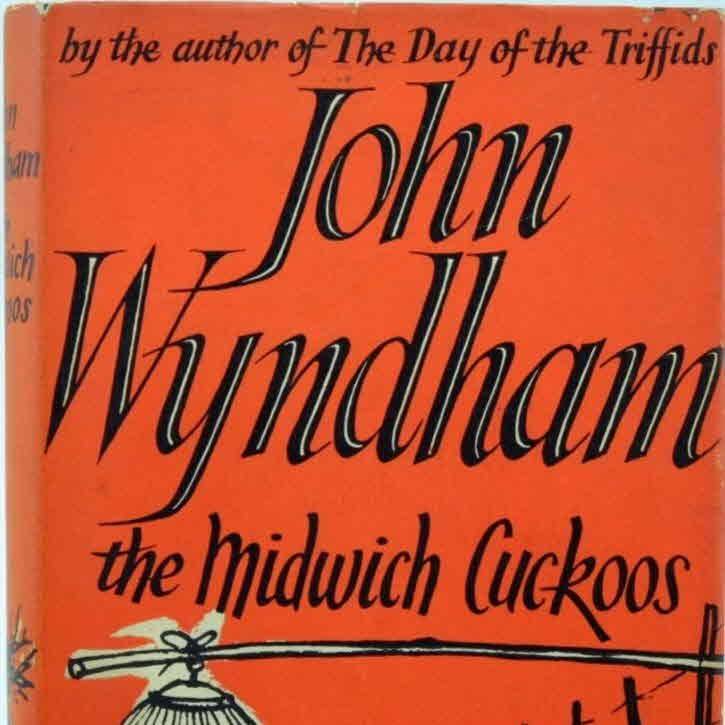
Very much of its time and place (Britain, late 1950s) and none of the characters bar one are developed to any degree, but the central conceit remains fascinating.
Wyndham pokes gentle fun at the varying reactions of the villagers to the sudden spate of pregnancies, before exploring issues of ethics and species-survival. Dated, perhaps, but an enjoyable read.
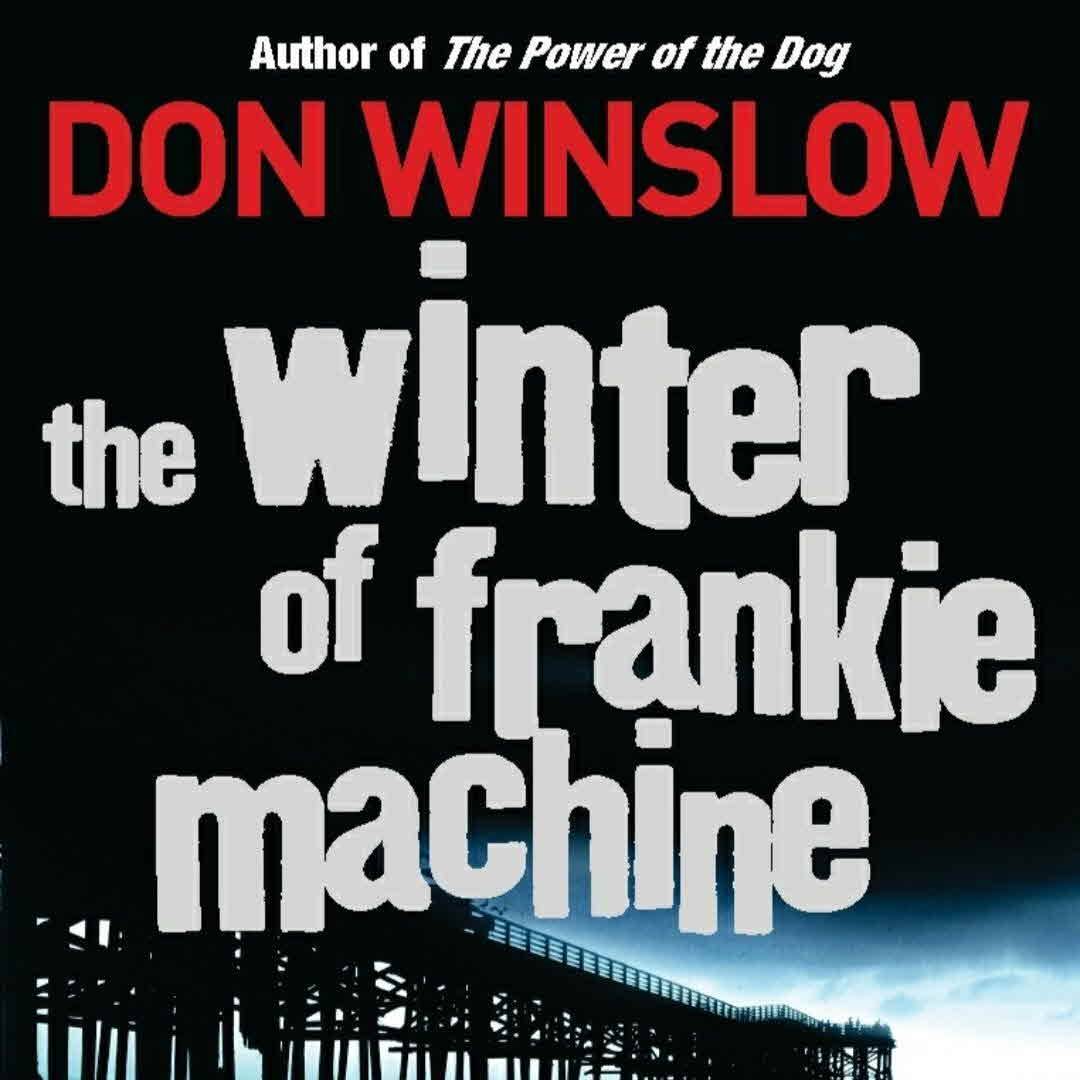
Fairly early Winslow, reminded me a bit of Elmore Leonard, and there's nothing wrong with that. Cracking read and Frank is a great character.
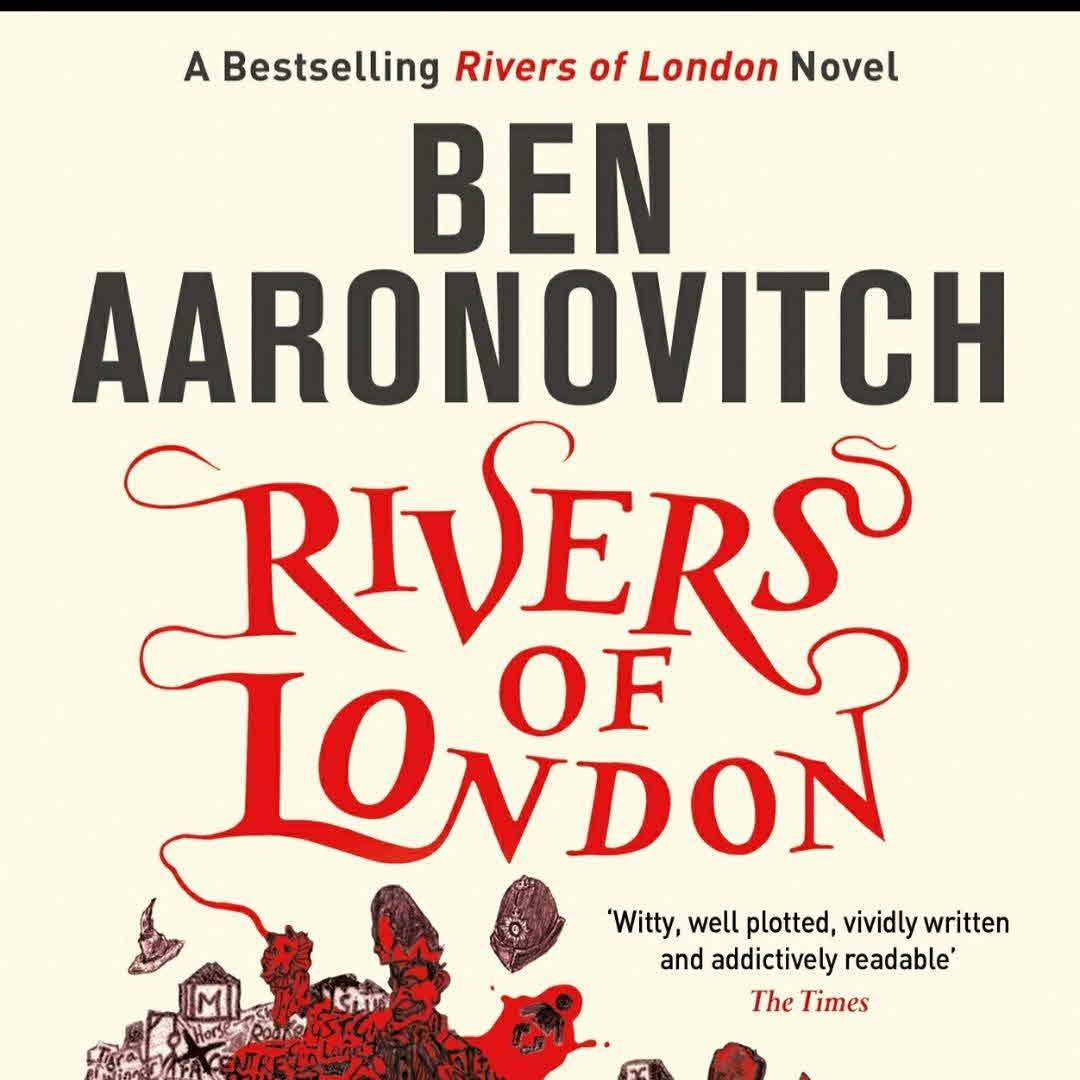
Engaging blend of police procedural and fantasy with a decidedly British slant sees newly-minted copper Peter Grant drafted into the department of the Met responsible for the uncanny. Often very amusing as well though two separate storylines don't entirely gel.
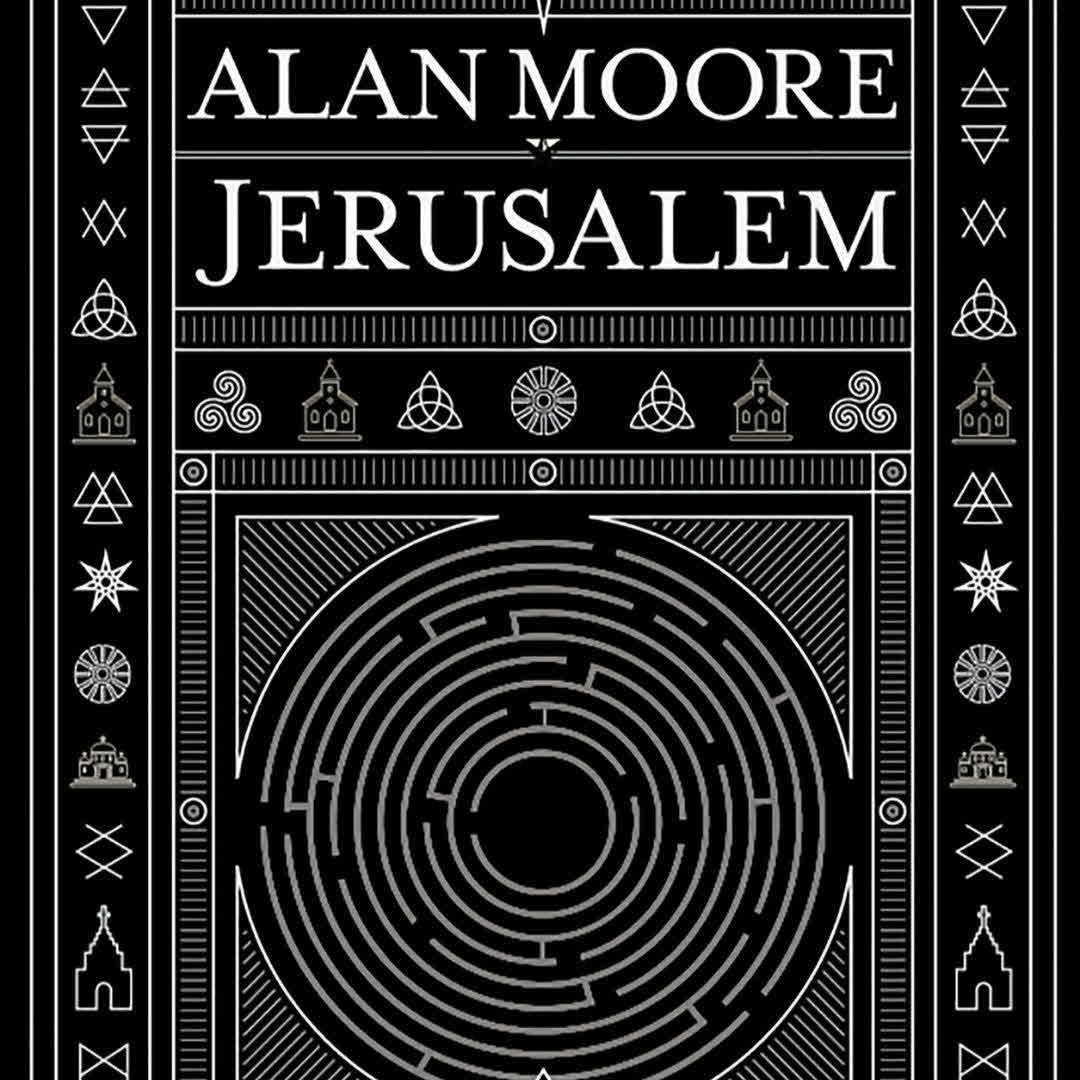
Whopping 1,400 page novel set mainly in Northampton when it isn't dealing with the exploits of angels, ghosts and demons in the afterlife. Very readable despite the length, and even the Finnegans Wake pastiche is comprehensible with a bit of effort. Amazing.

Number 9 in his DI Rebus series sees Rebus investigating a historic war crime while keeping an eye on the up-and-coming villains on his own patch and trying to stay on the wagon. Grittier than a can of Irn Bru on a North Berwick beach on a windy day.
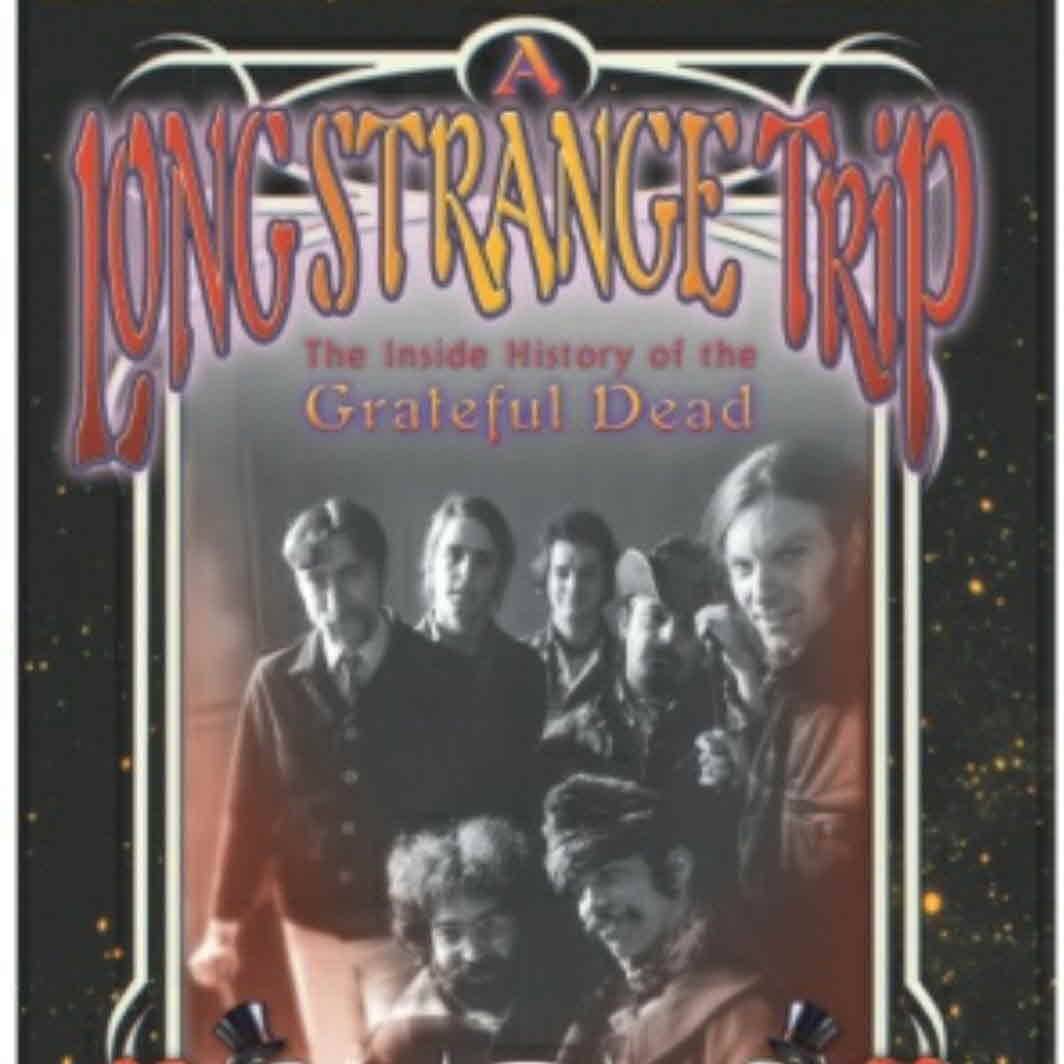
Excellent canter through the long strange trip from the early days to Garcia's sad end. So central were the Dead to the West Coast scene that this serves as an excellent account of the mid to late 60s as a whole and thus will be of interest even to non-Deadheads.